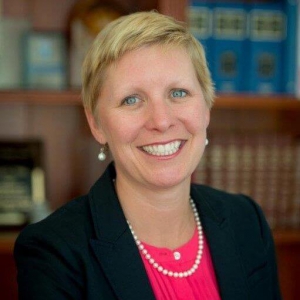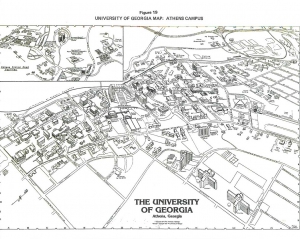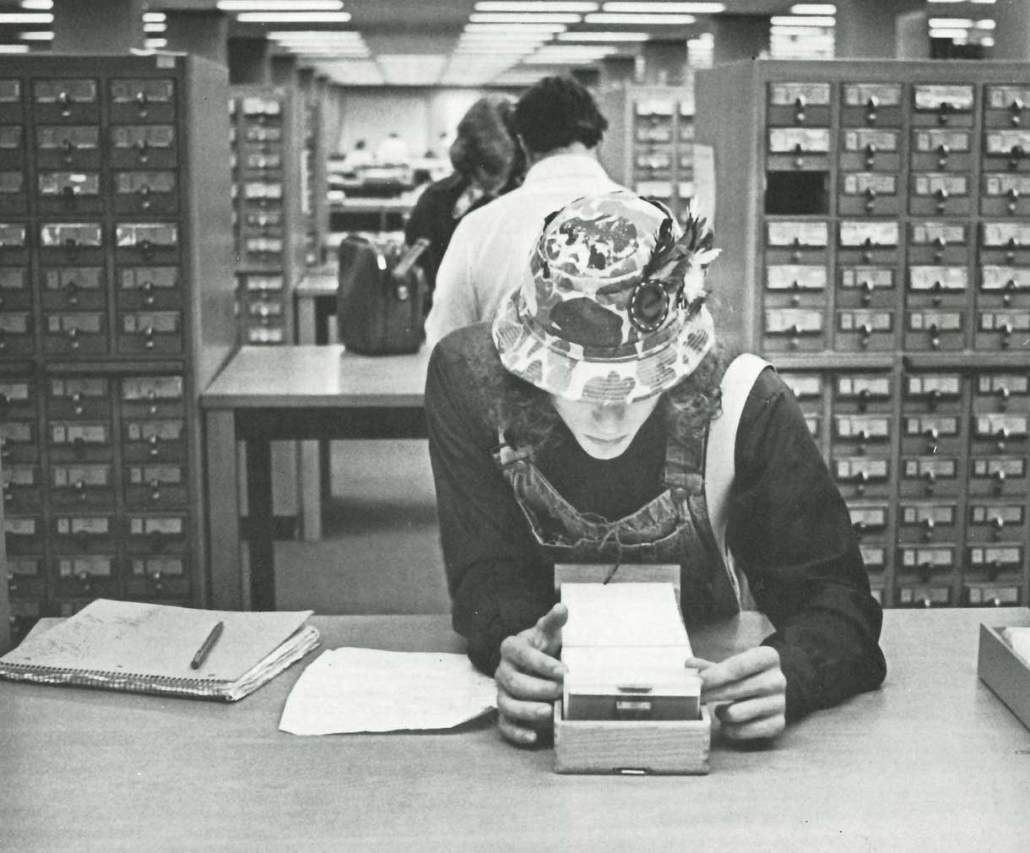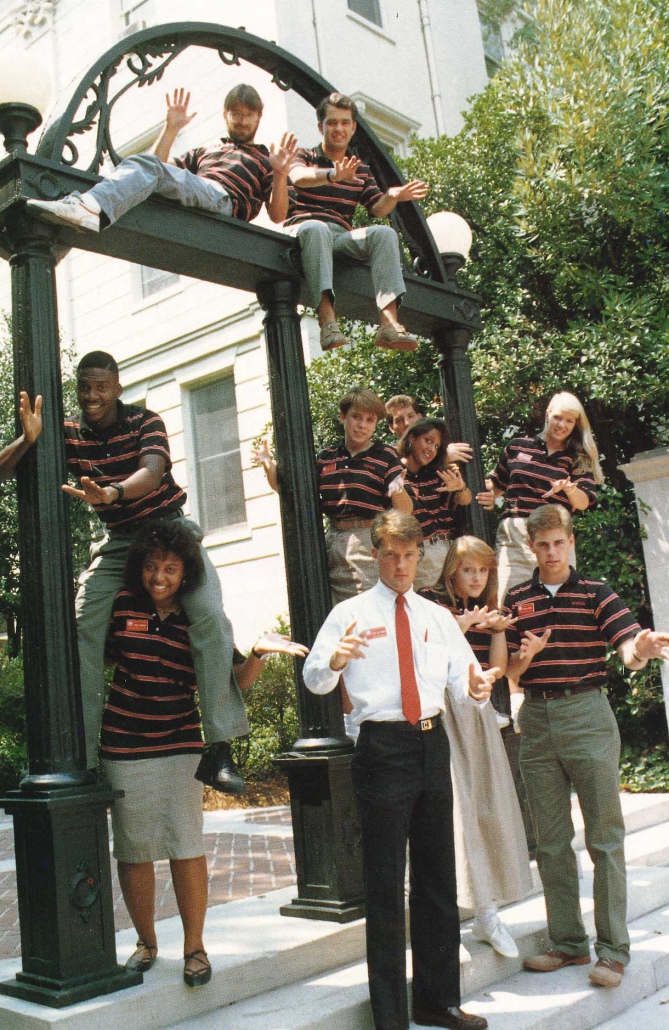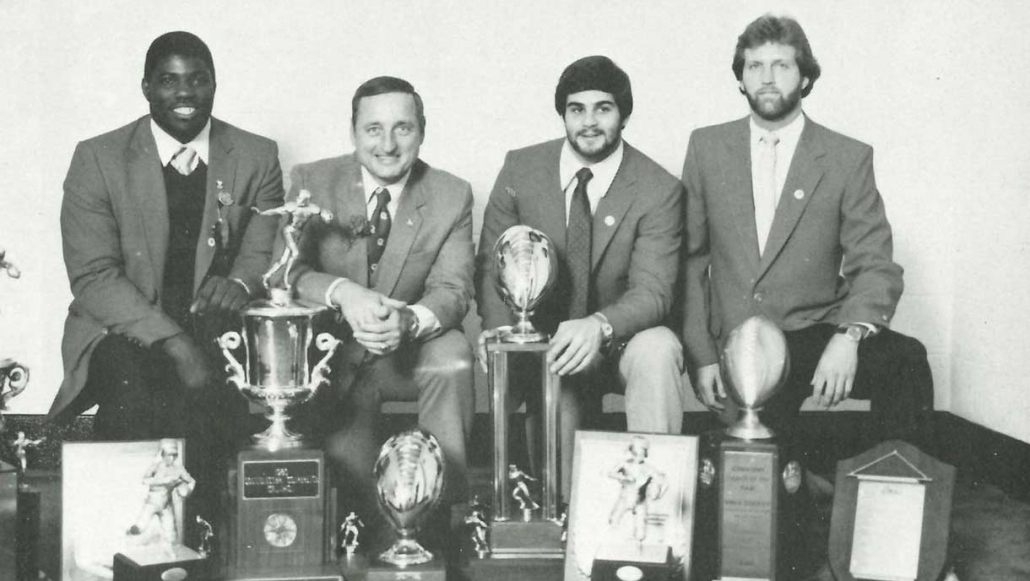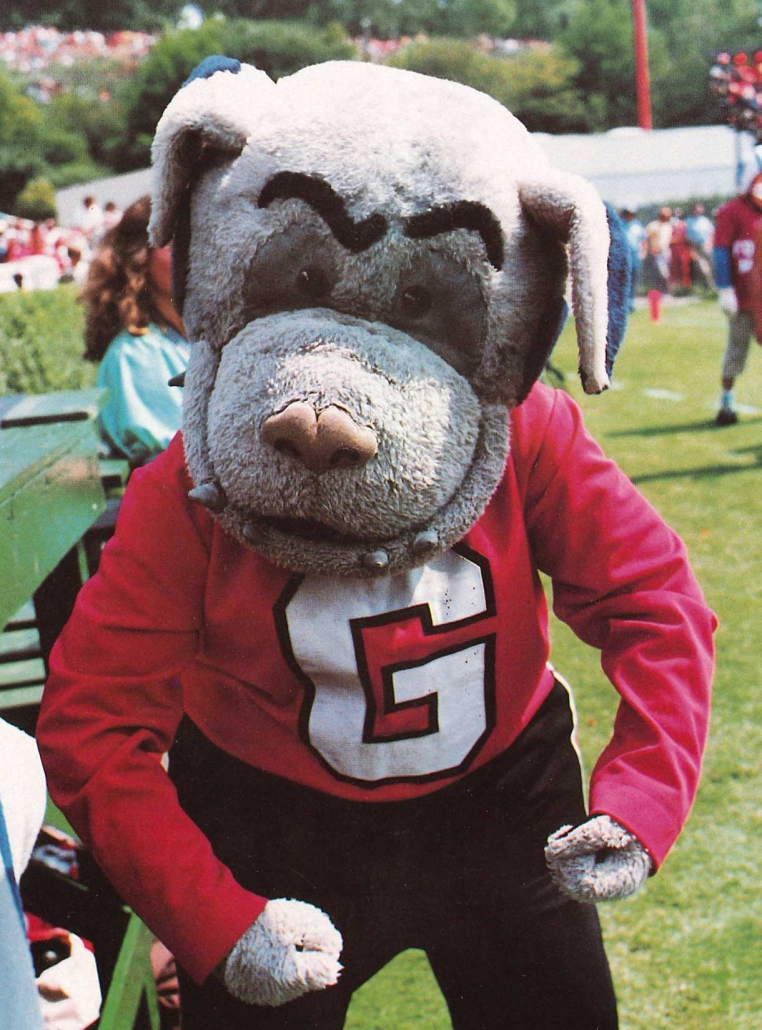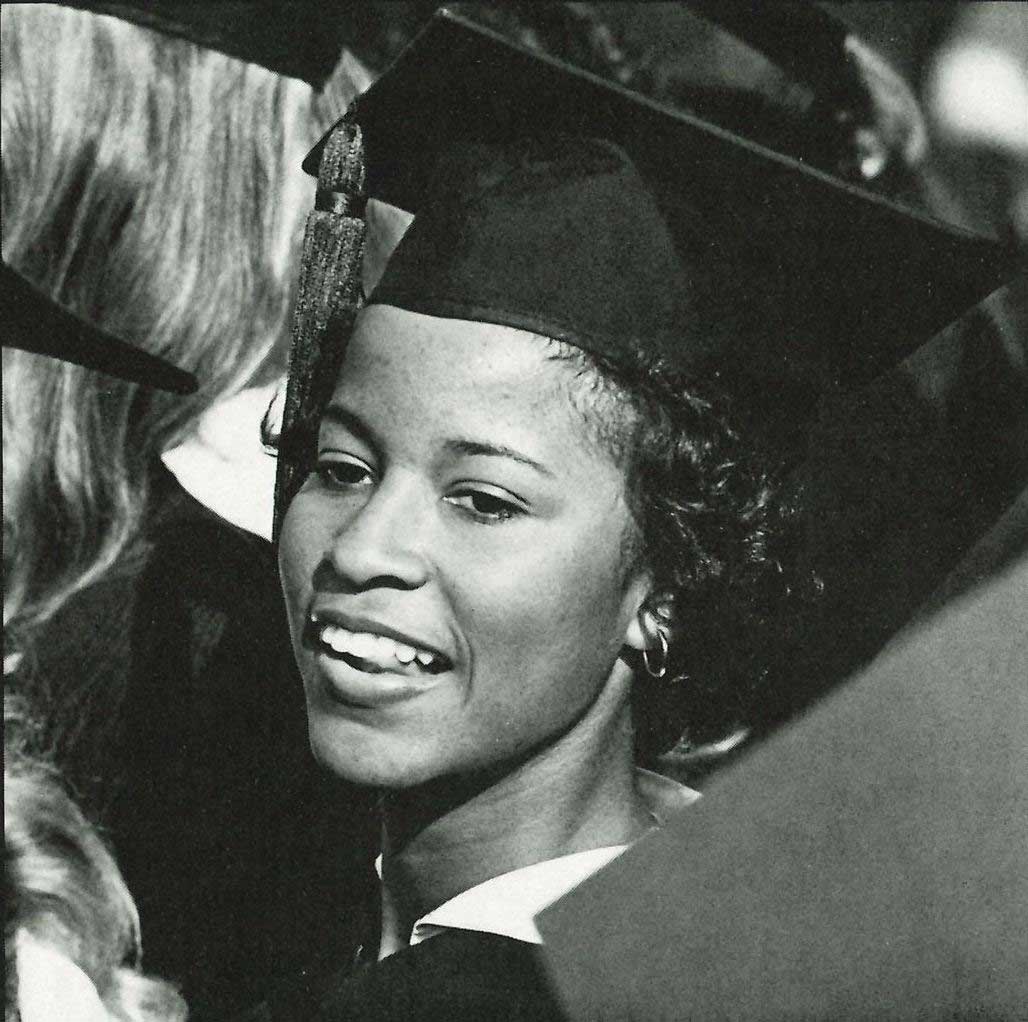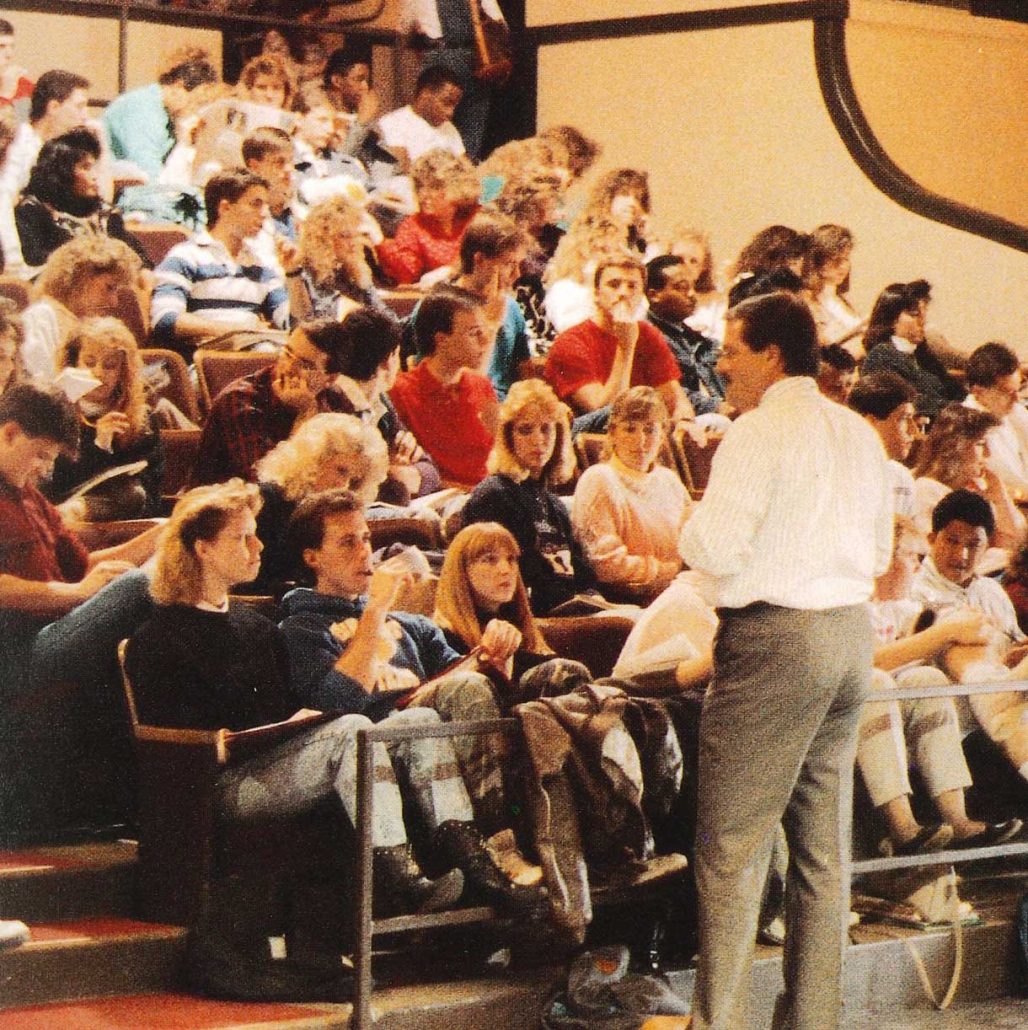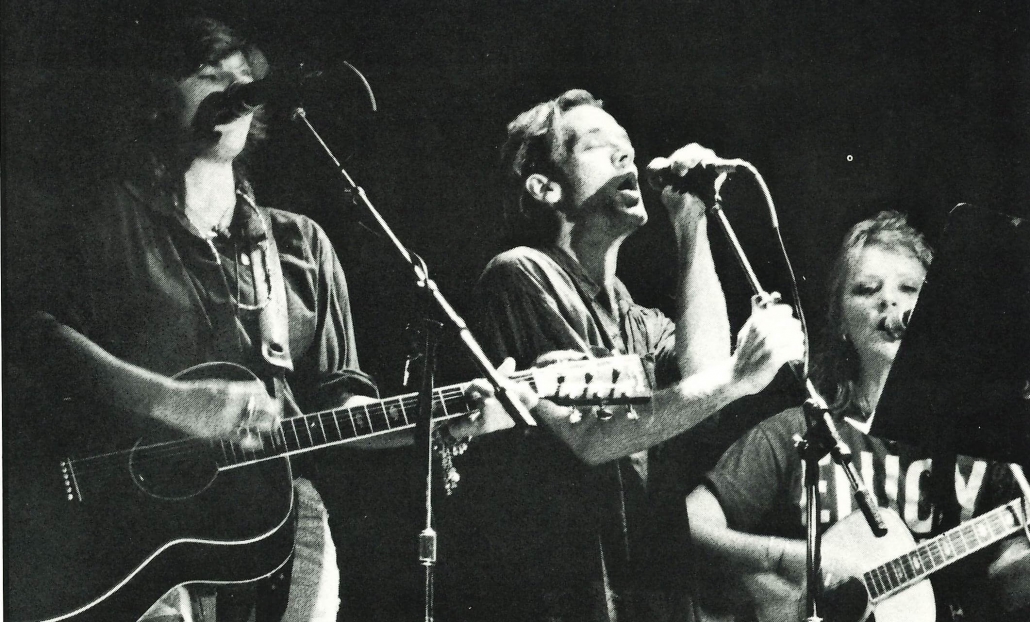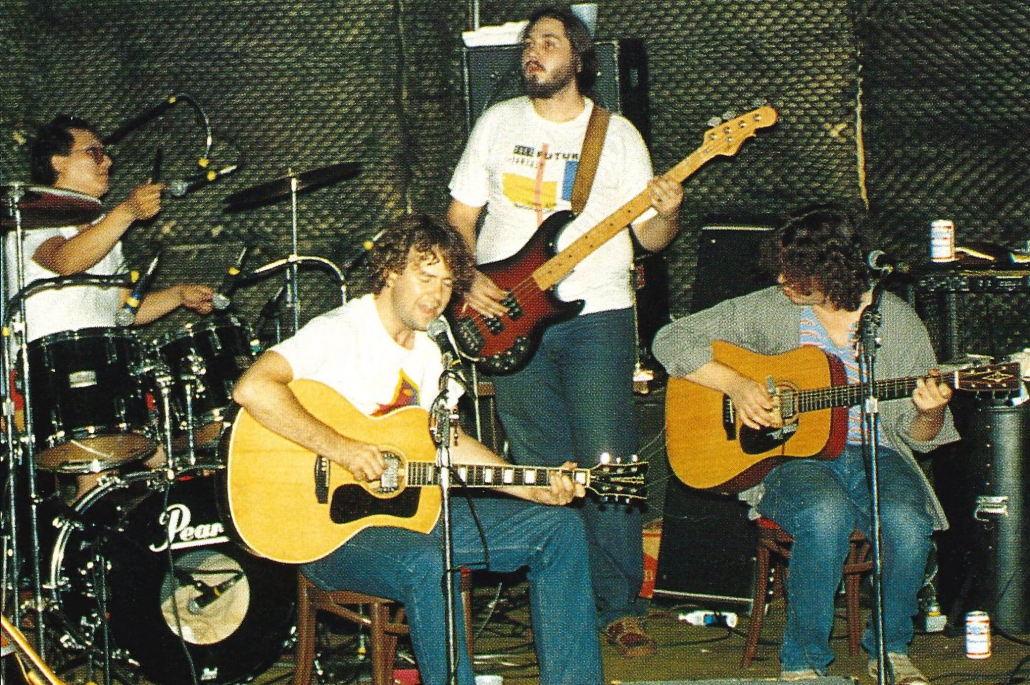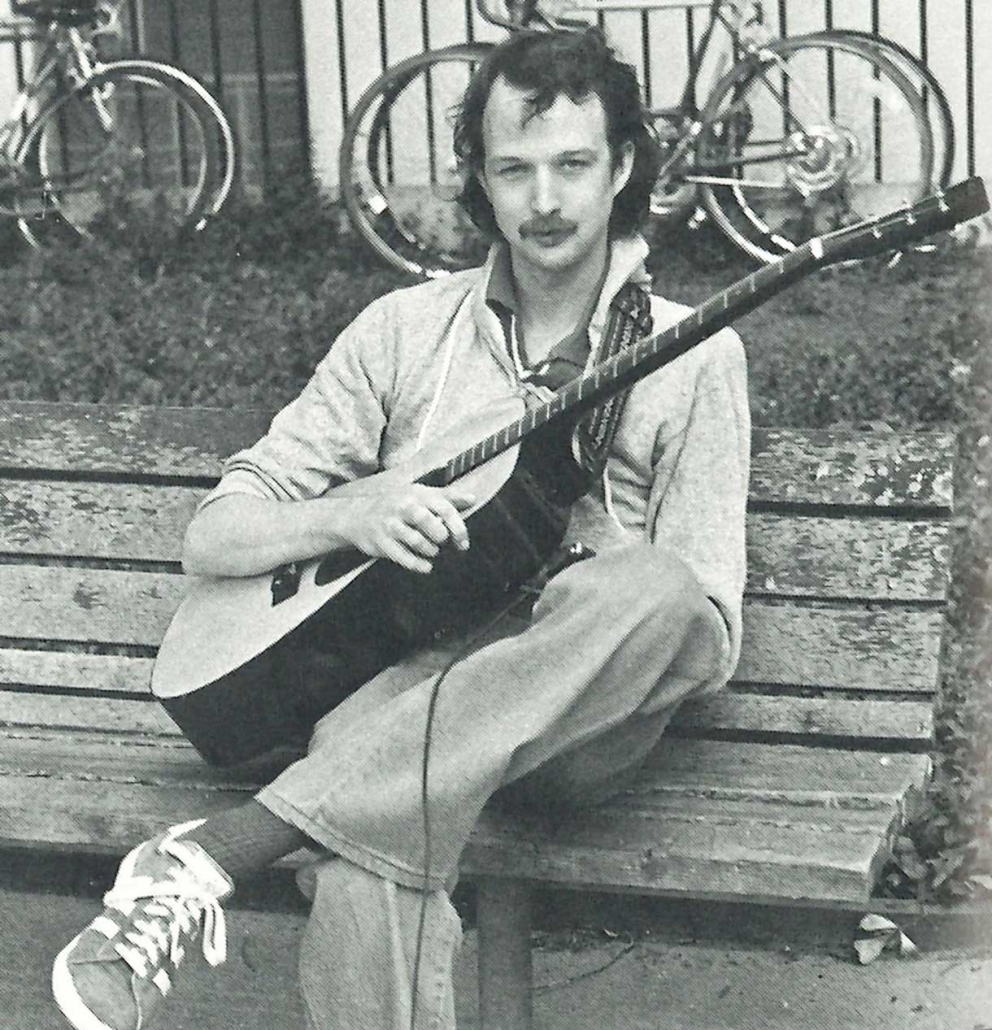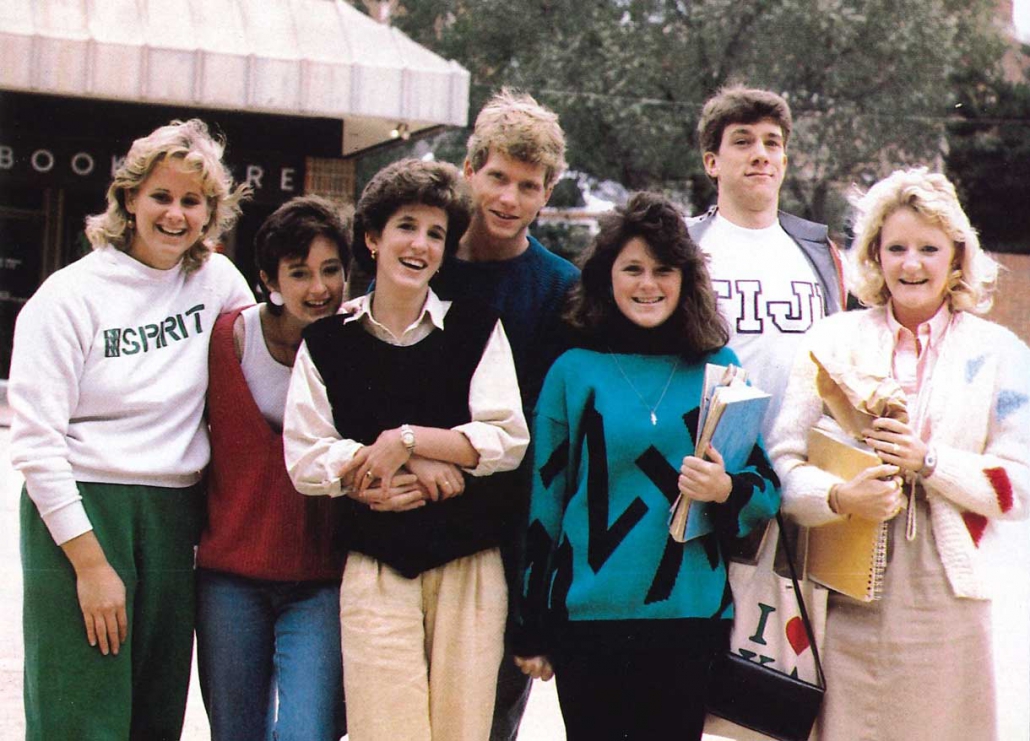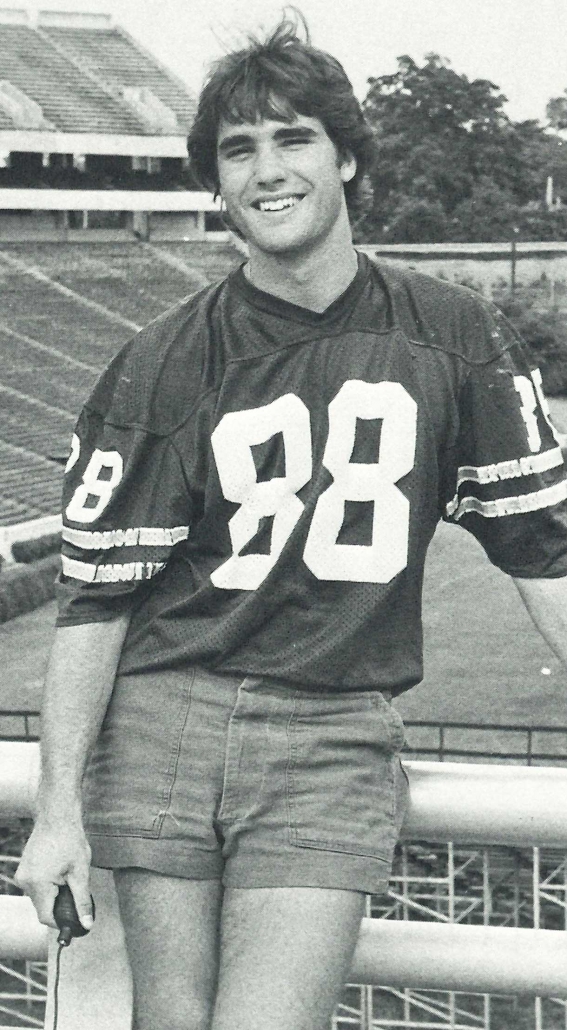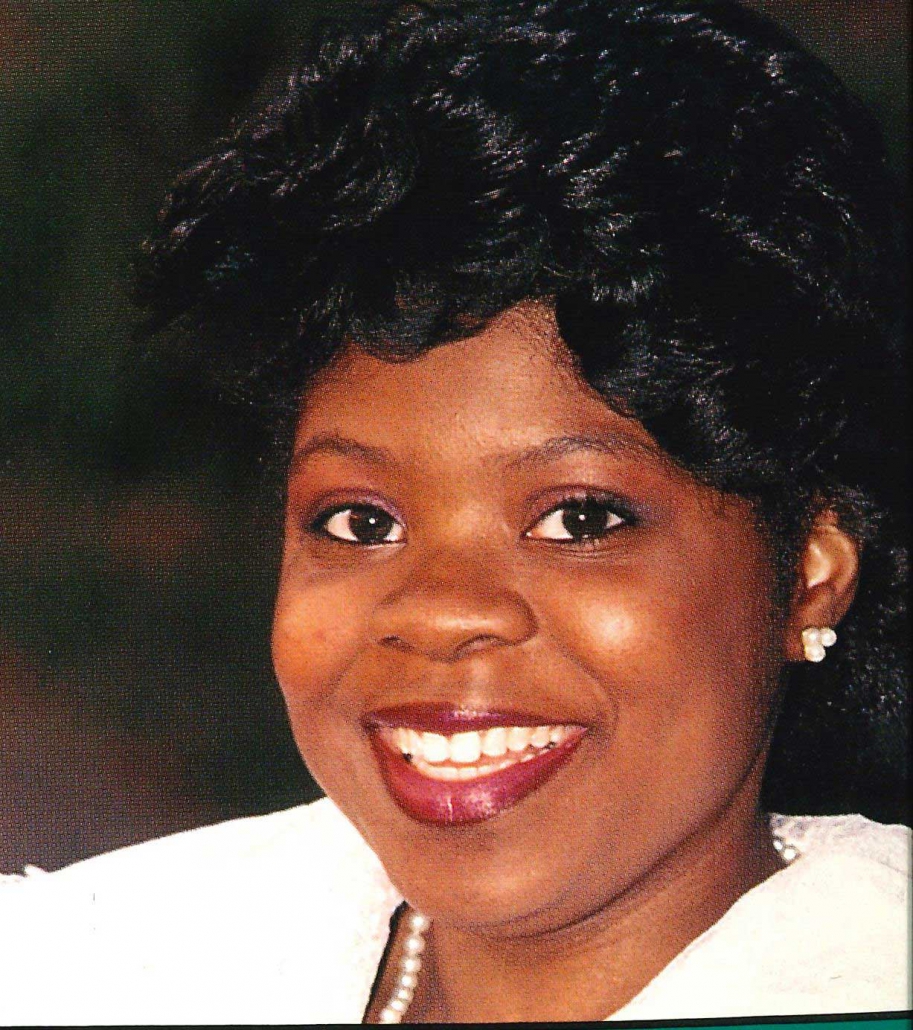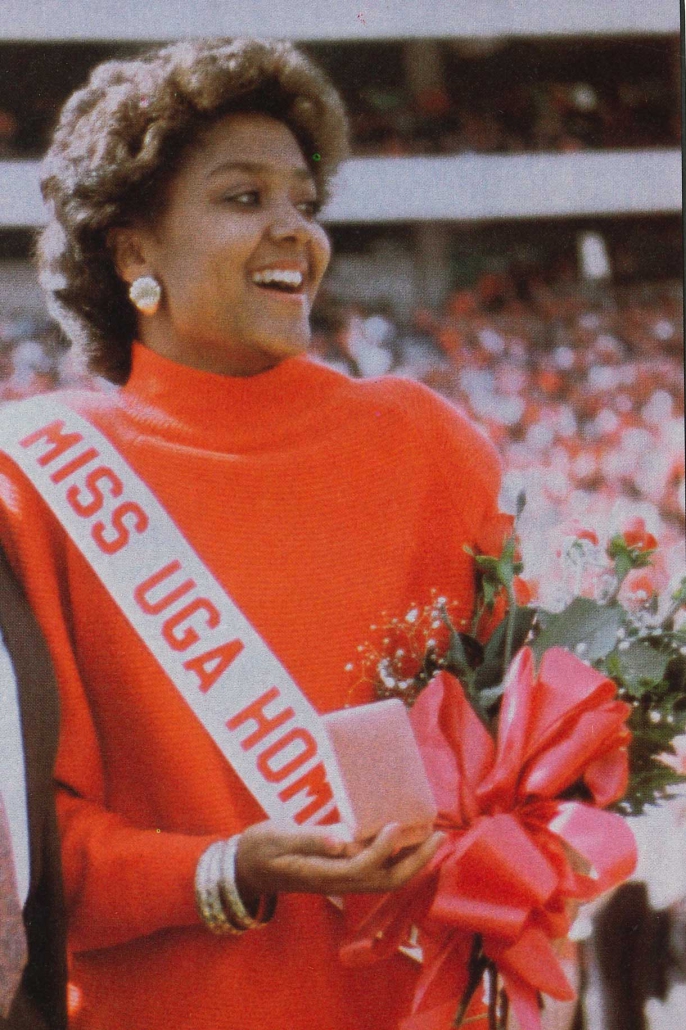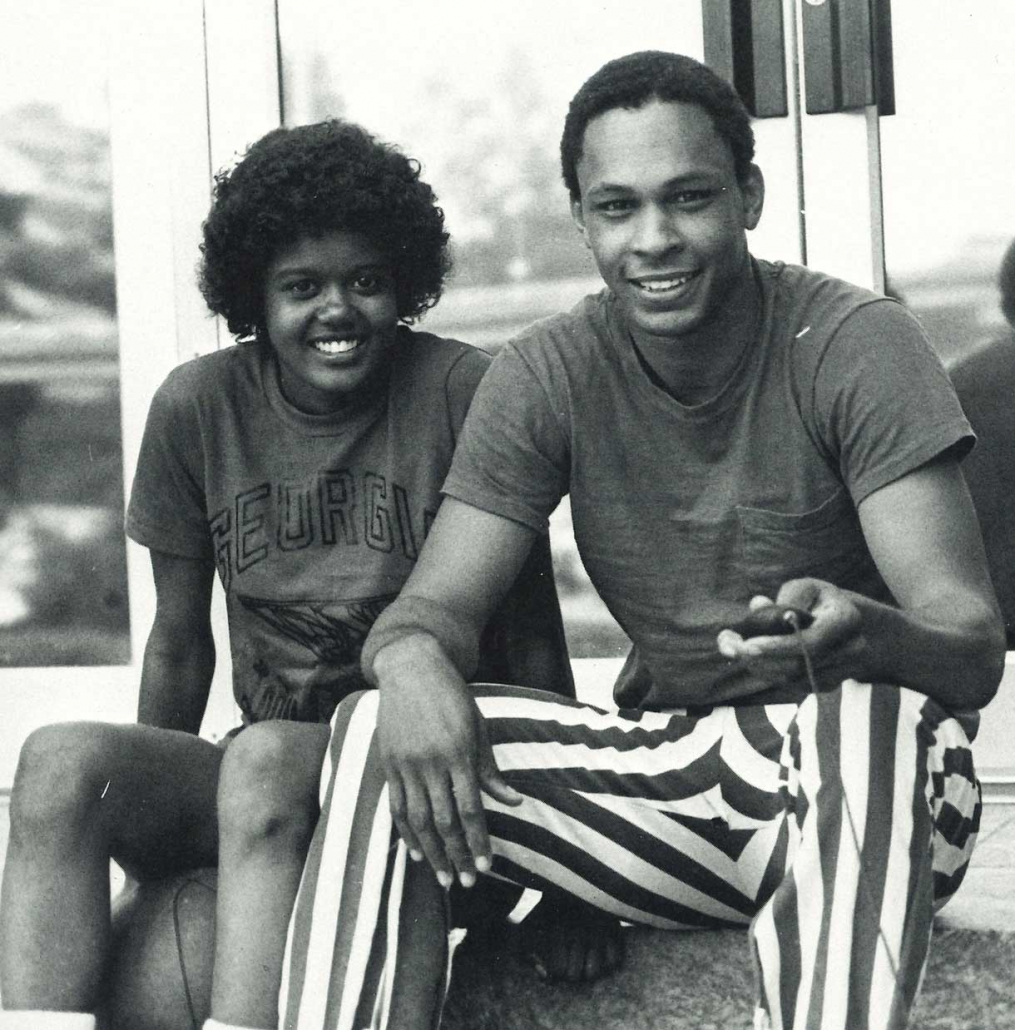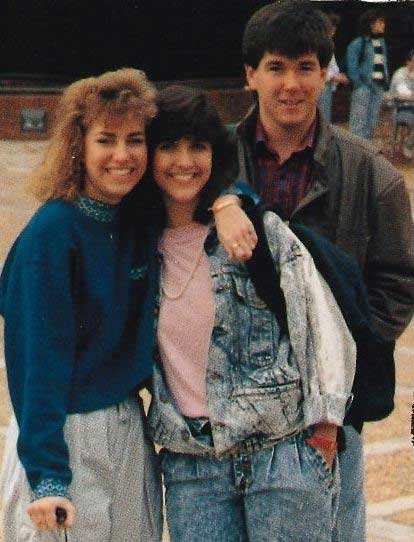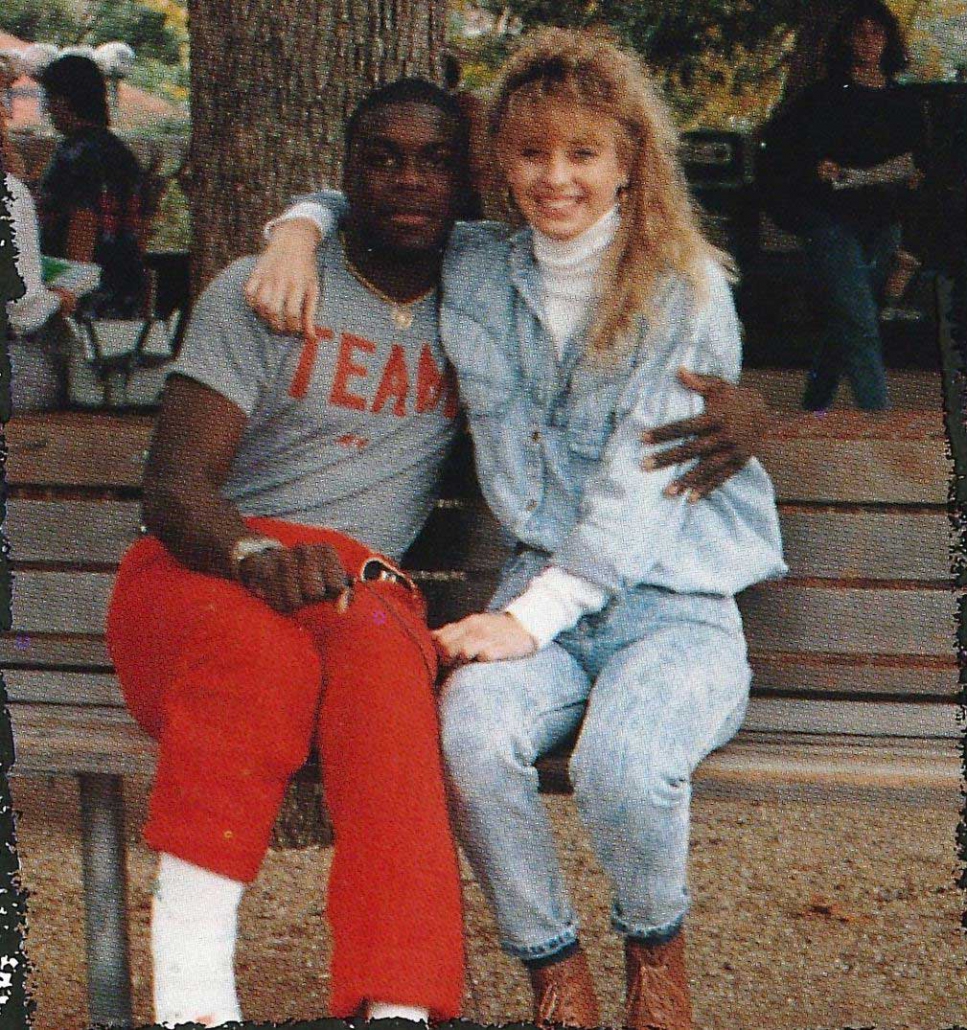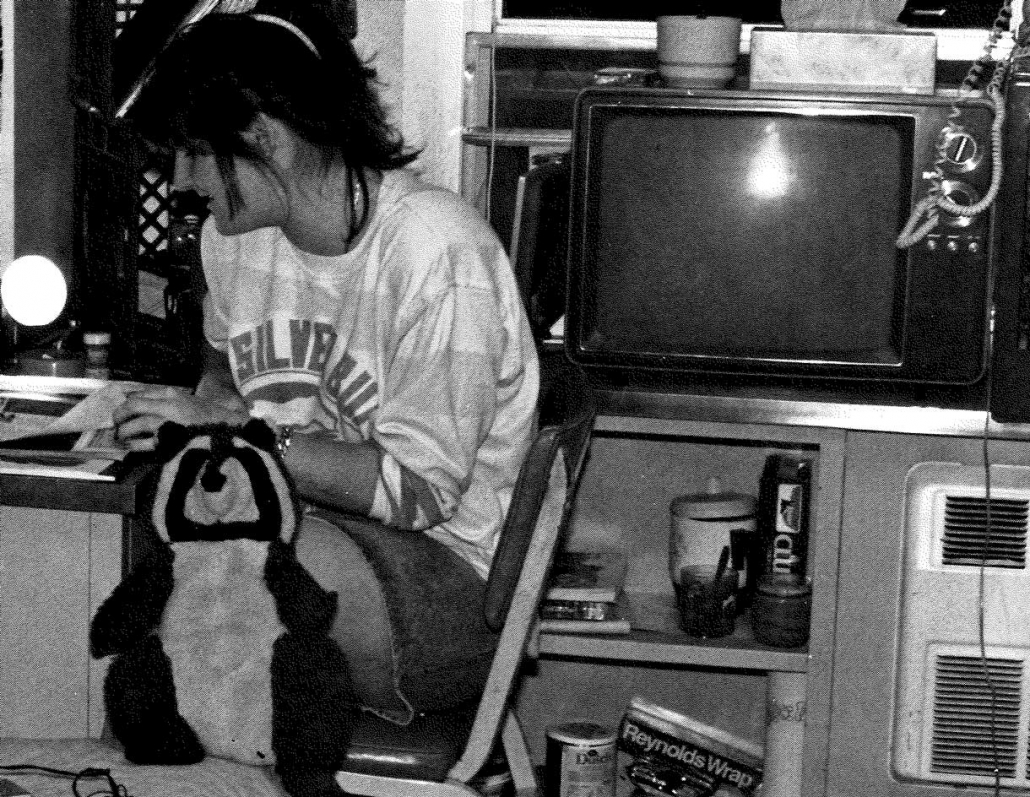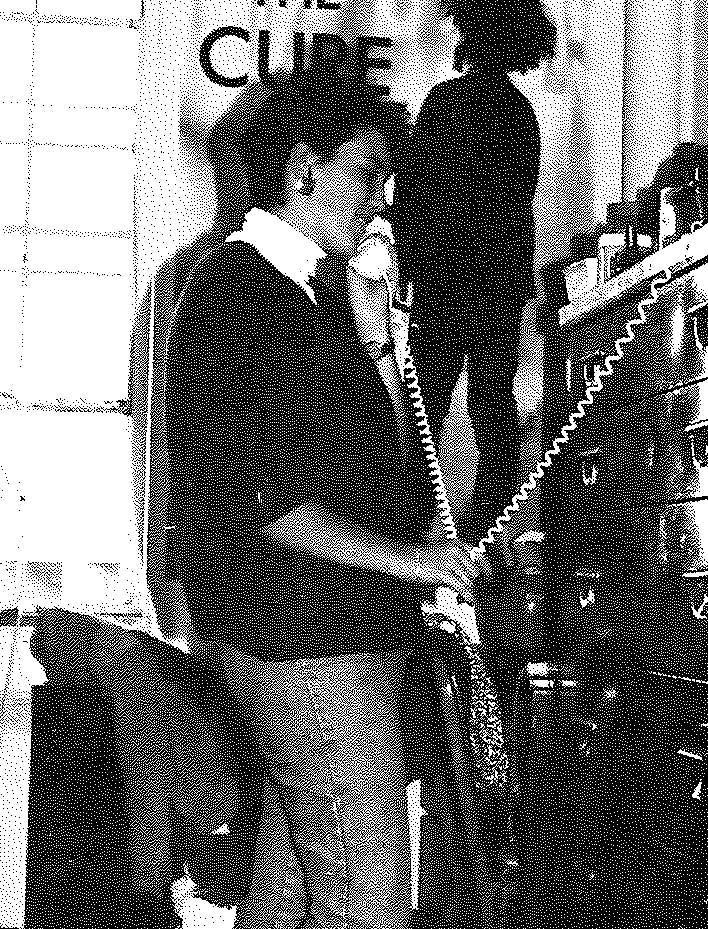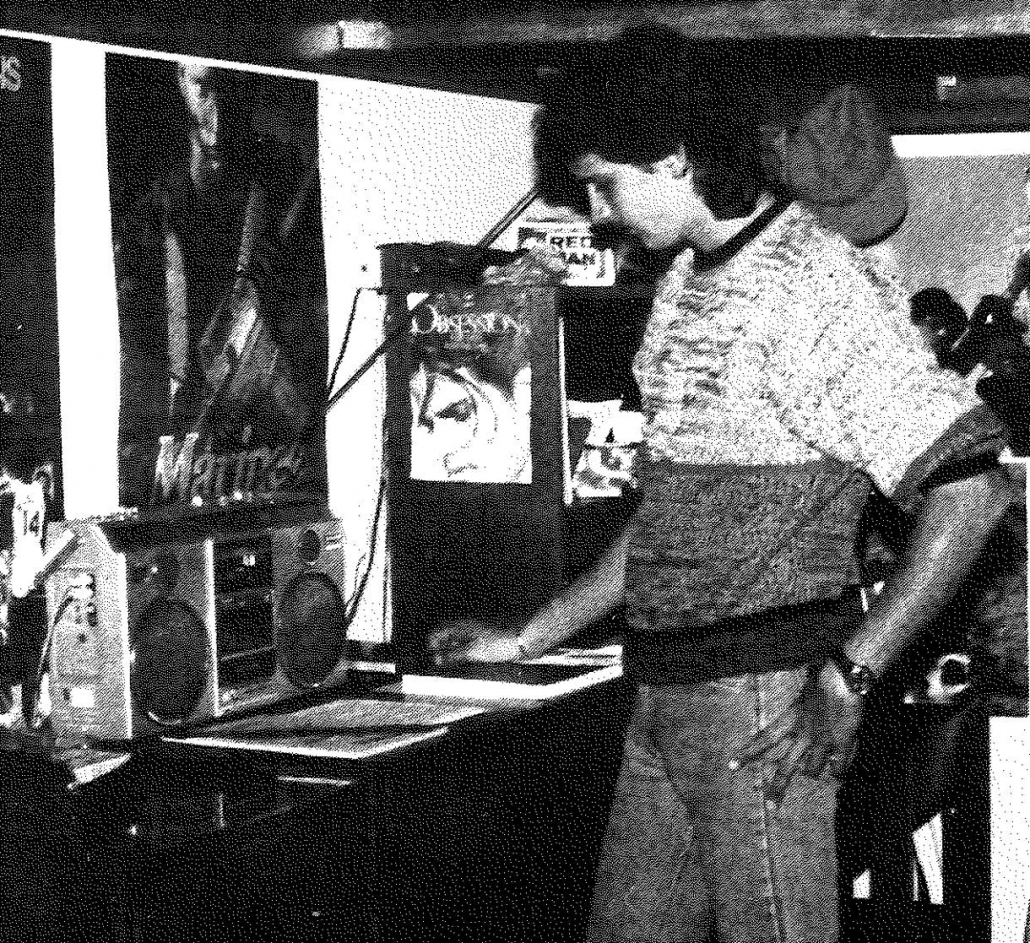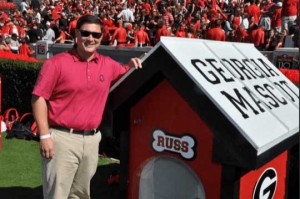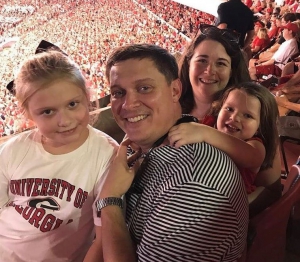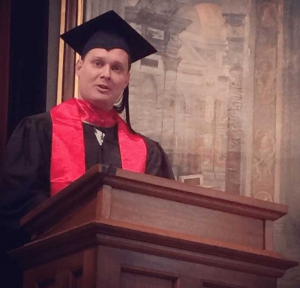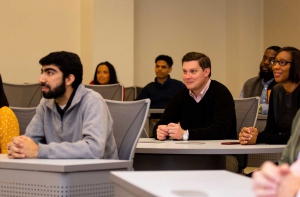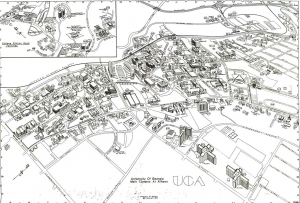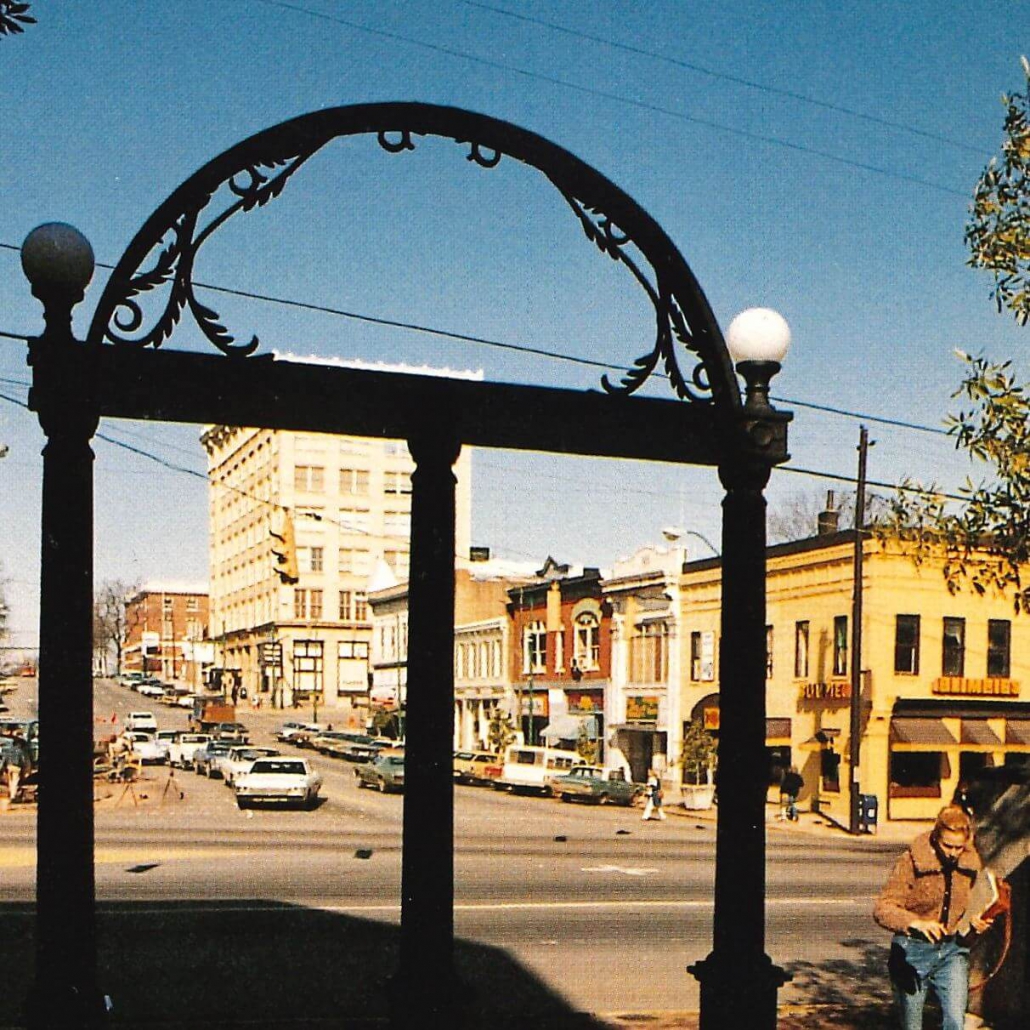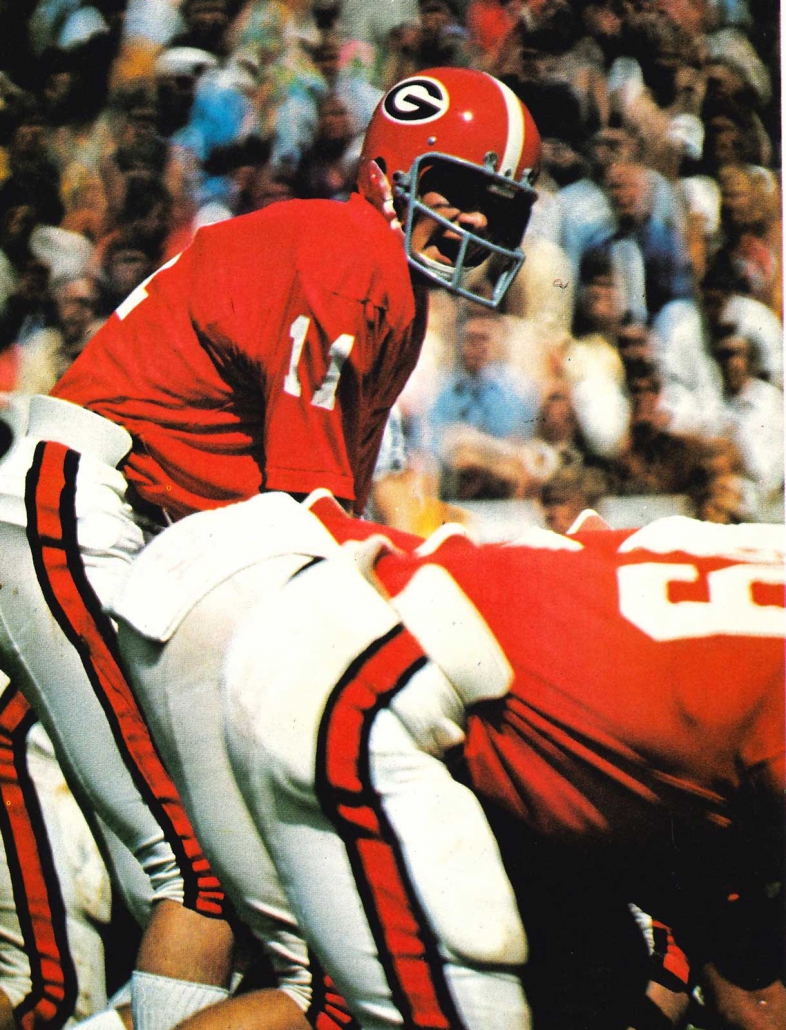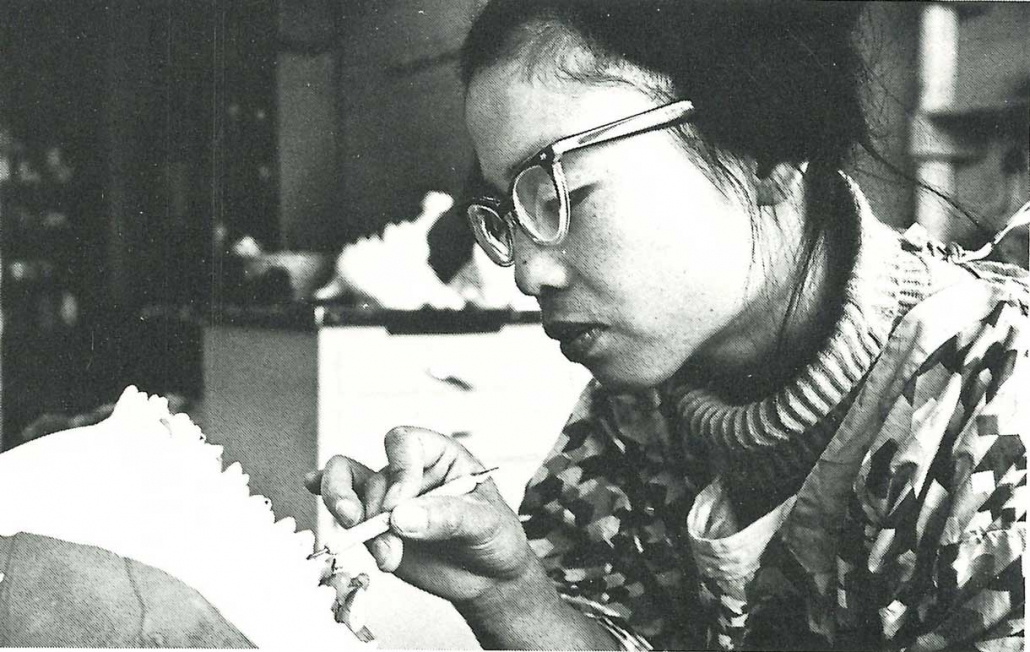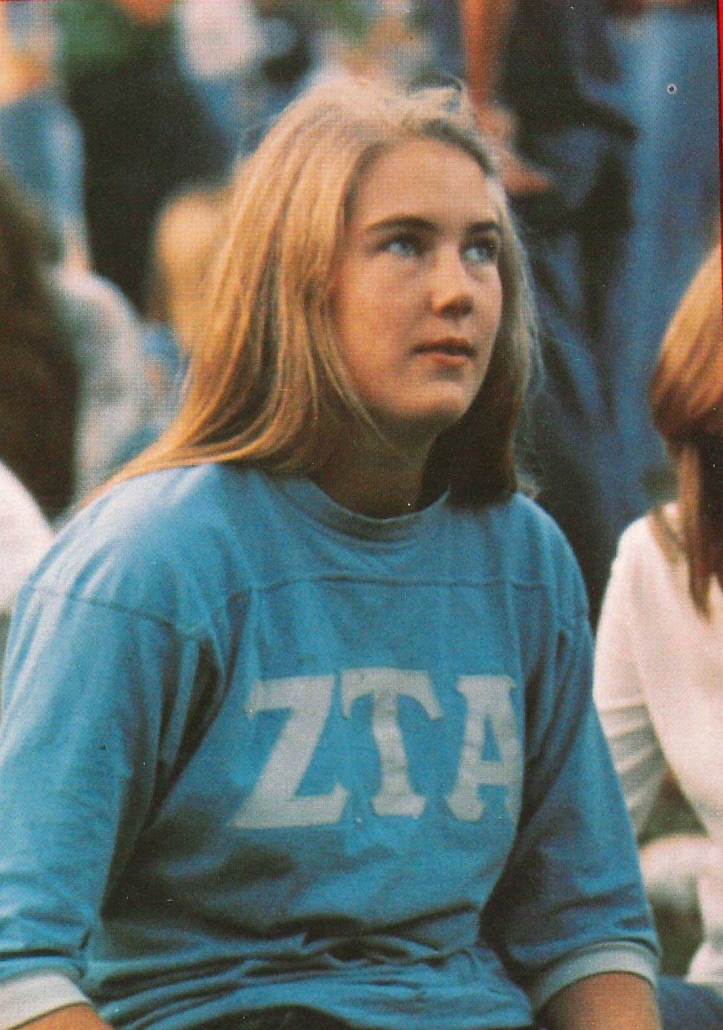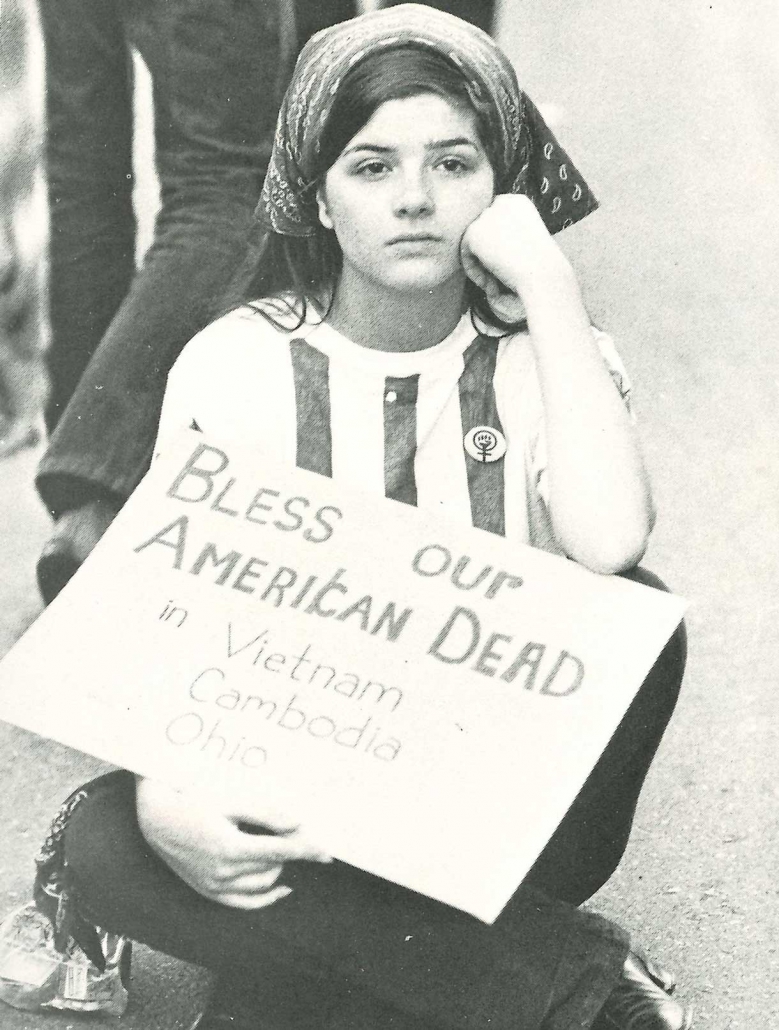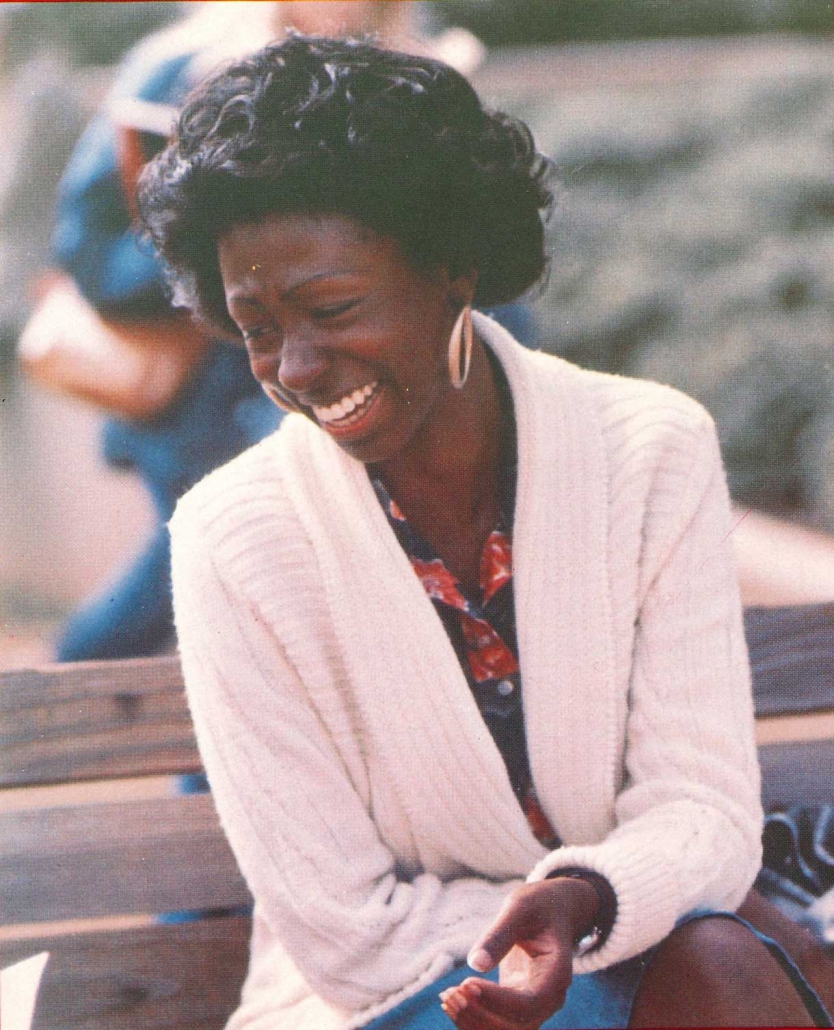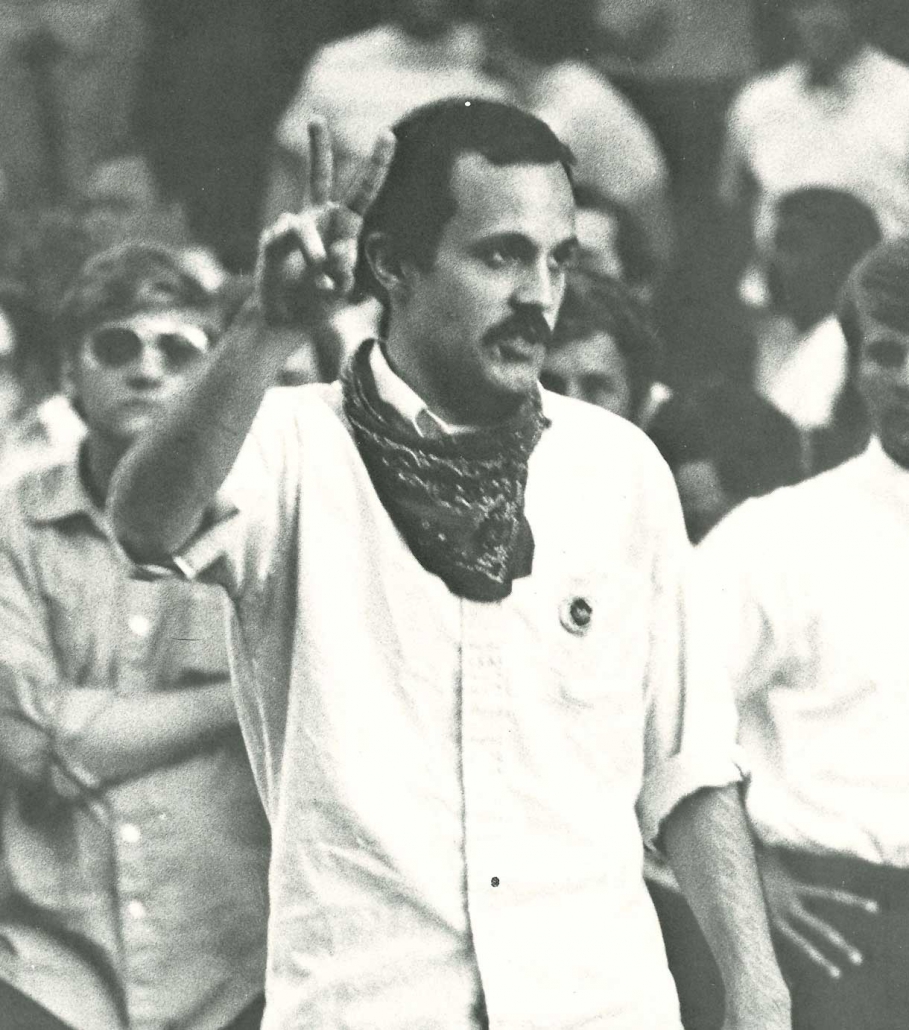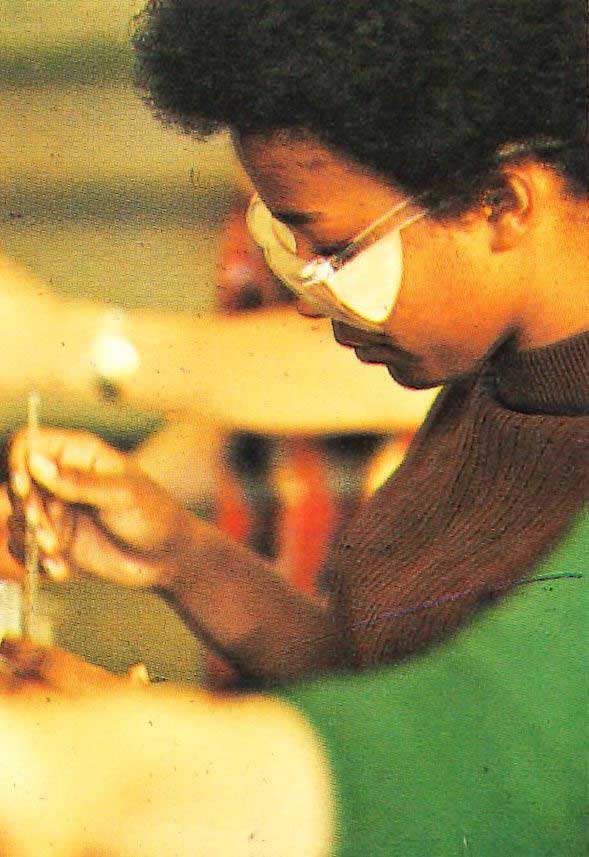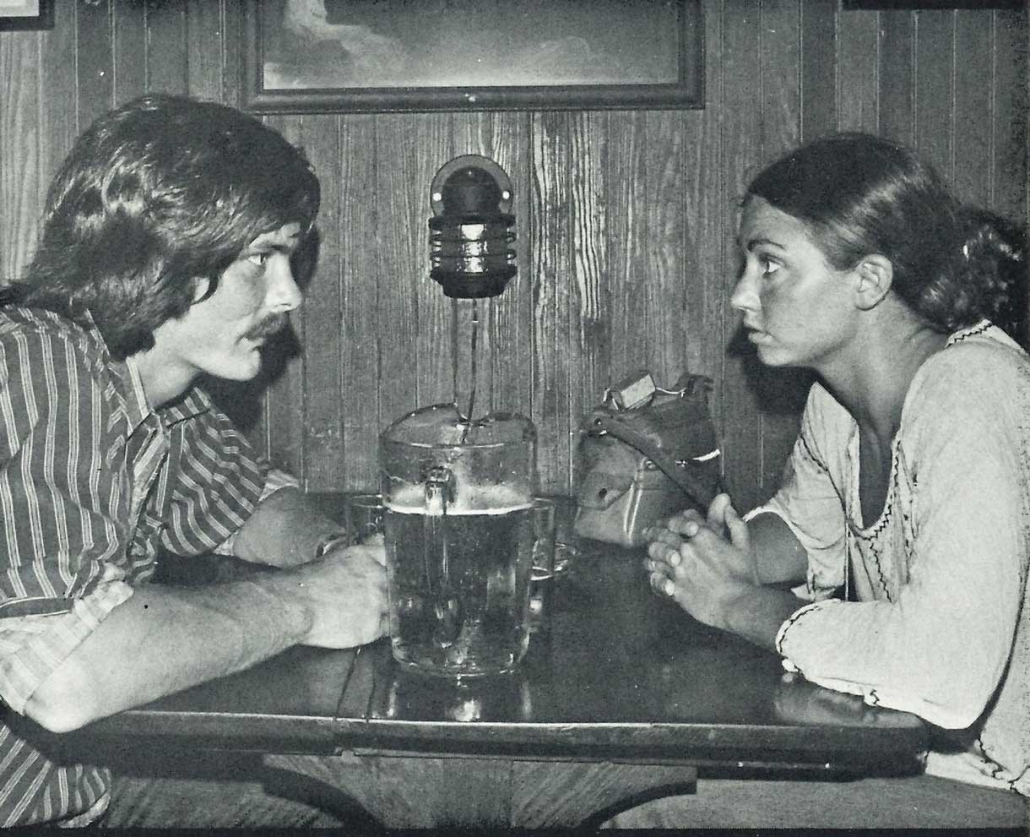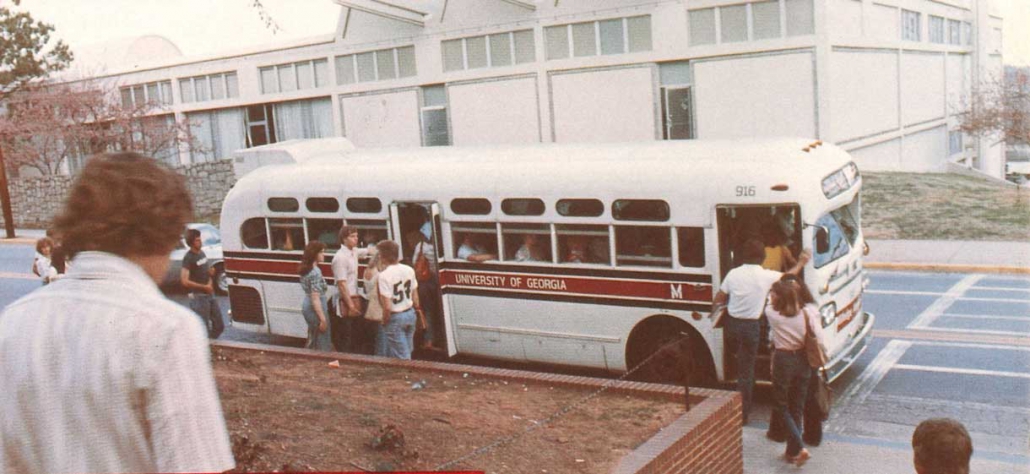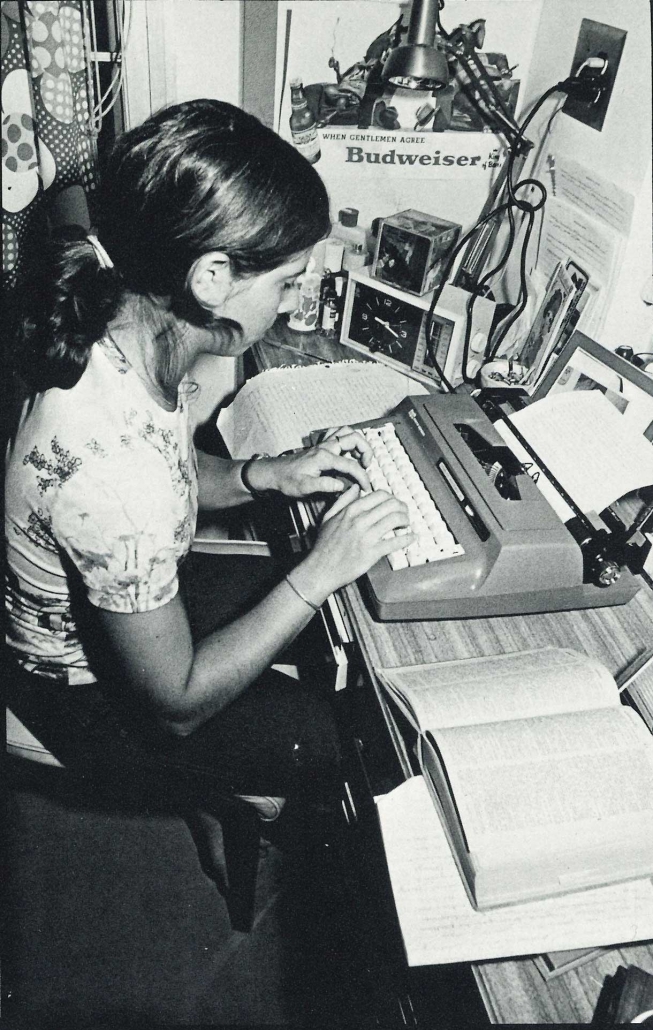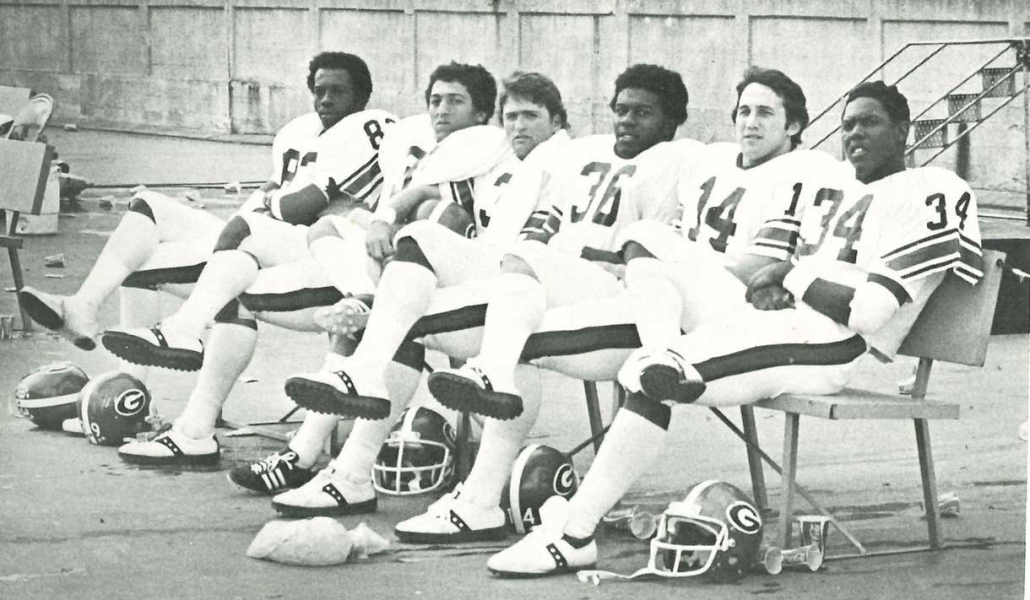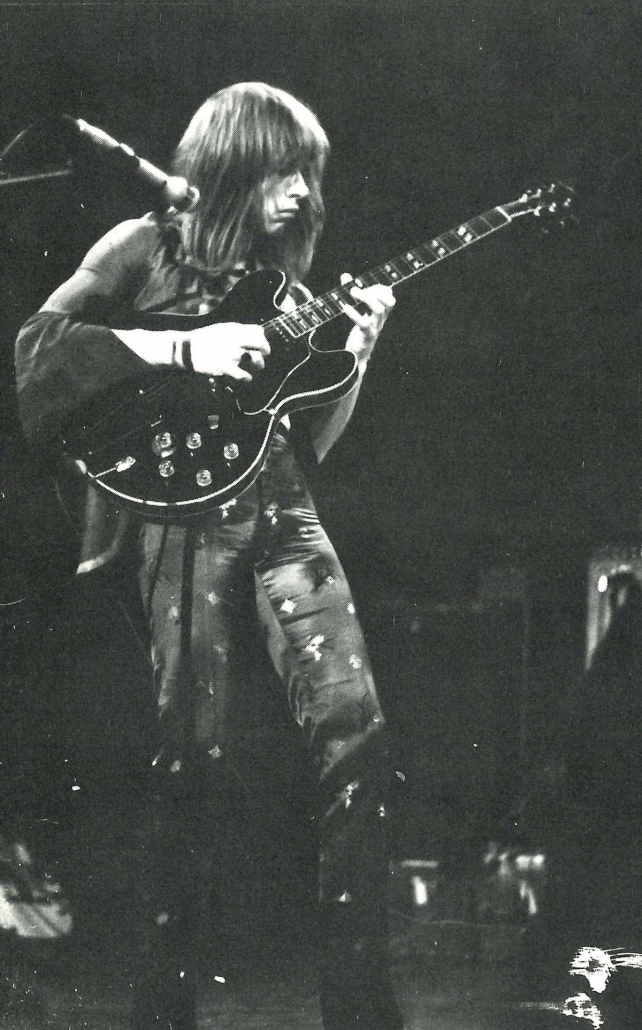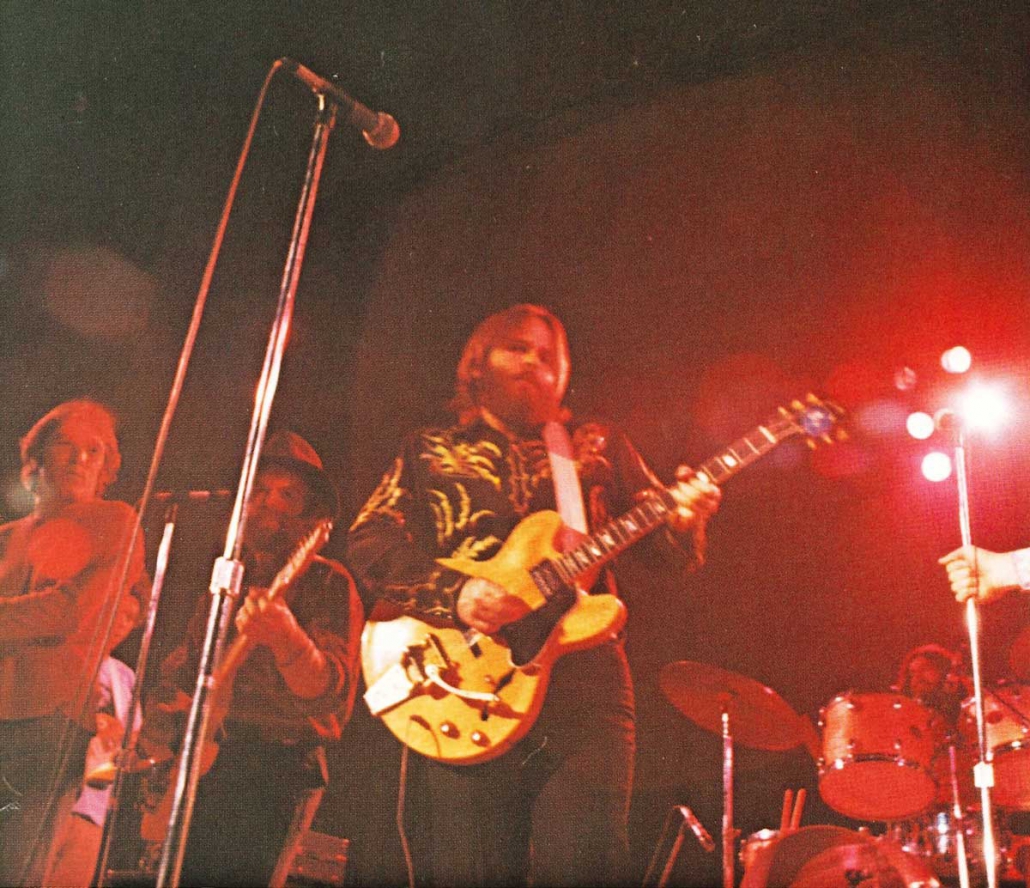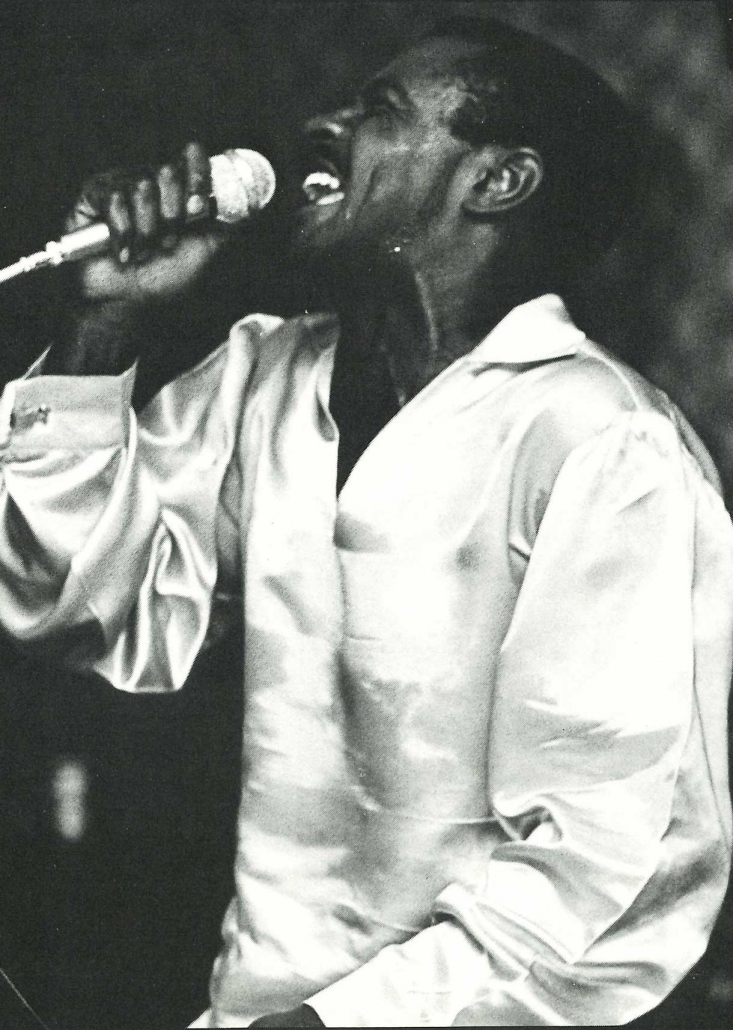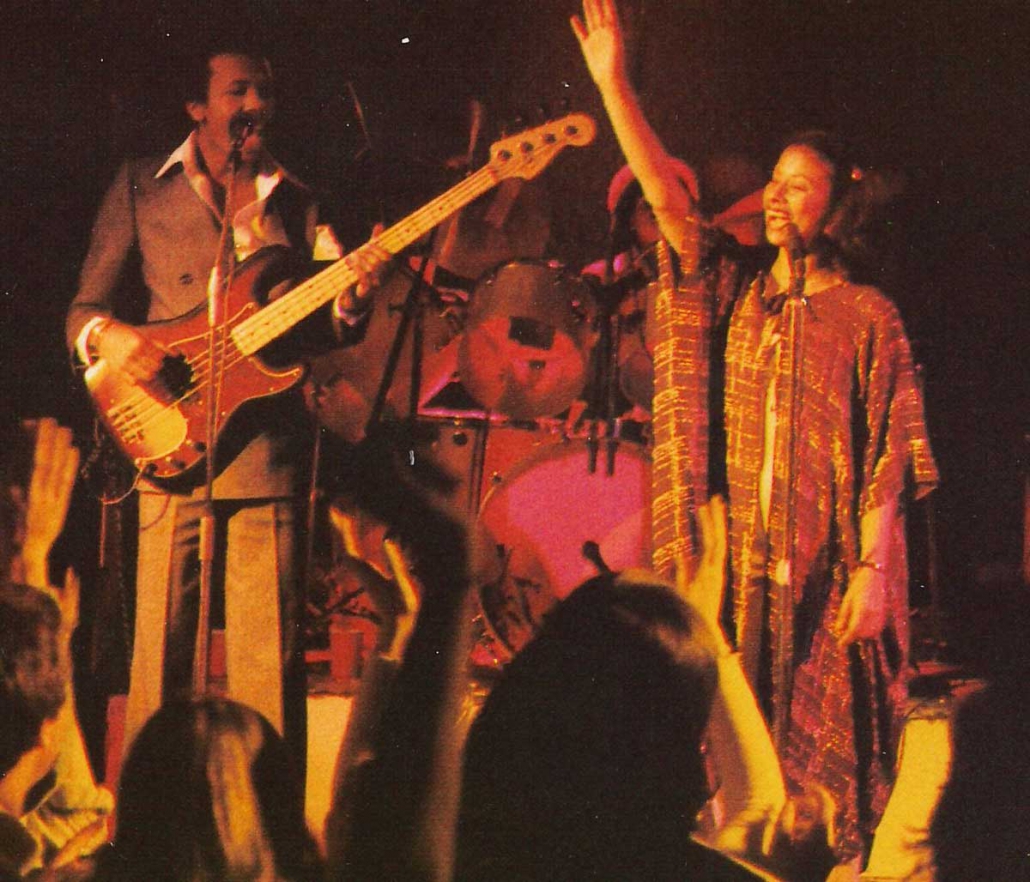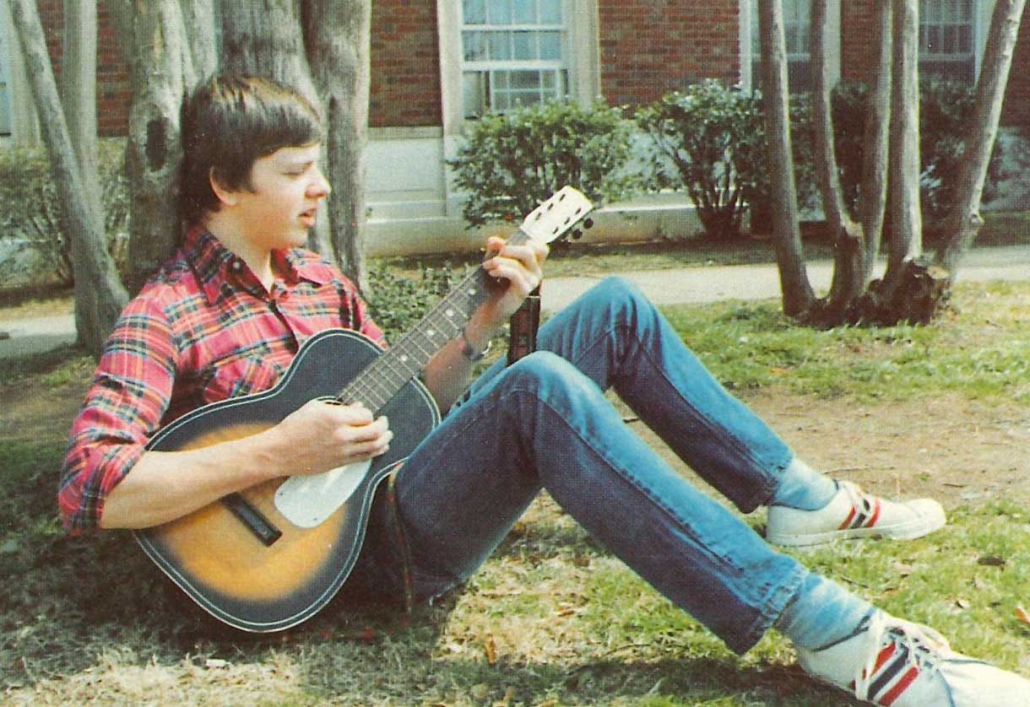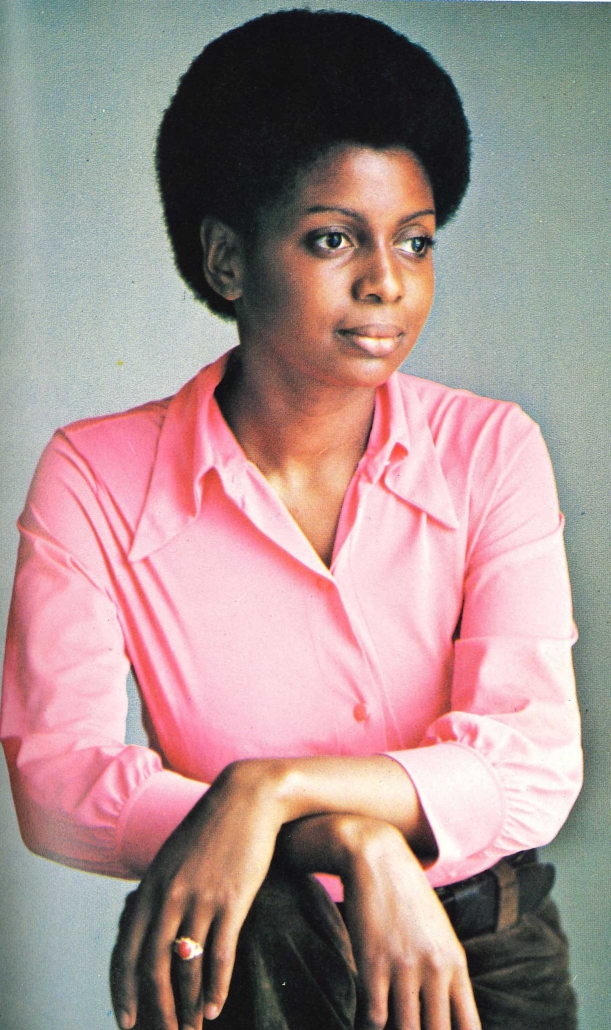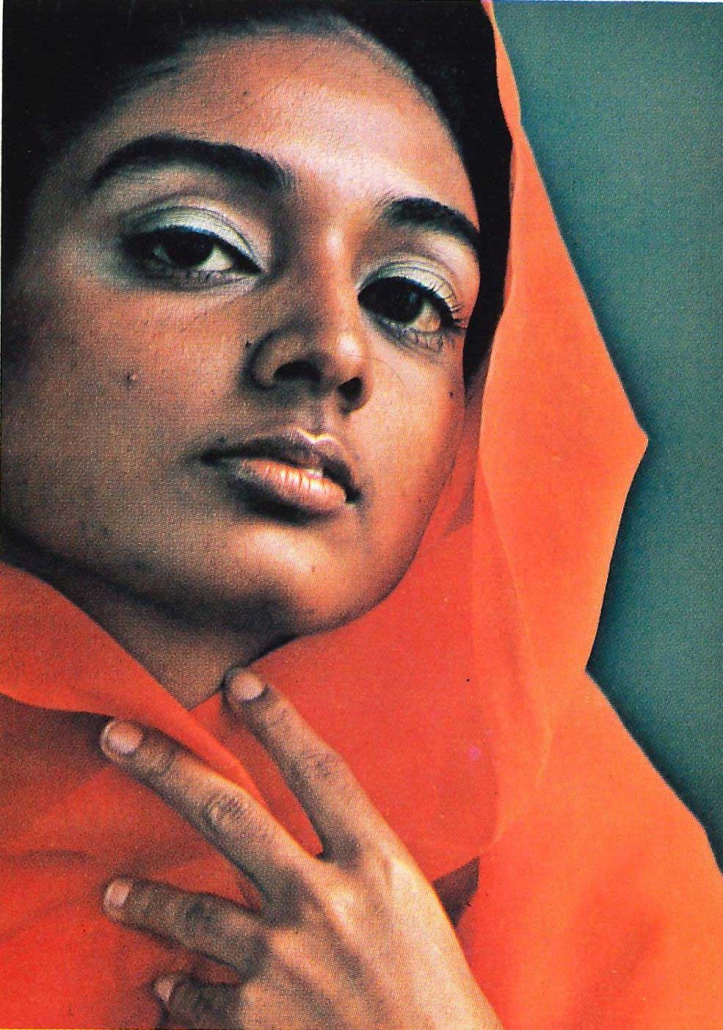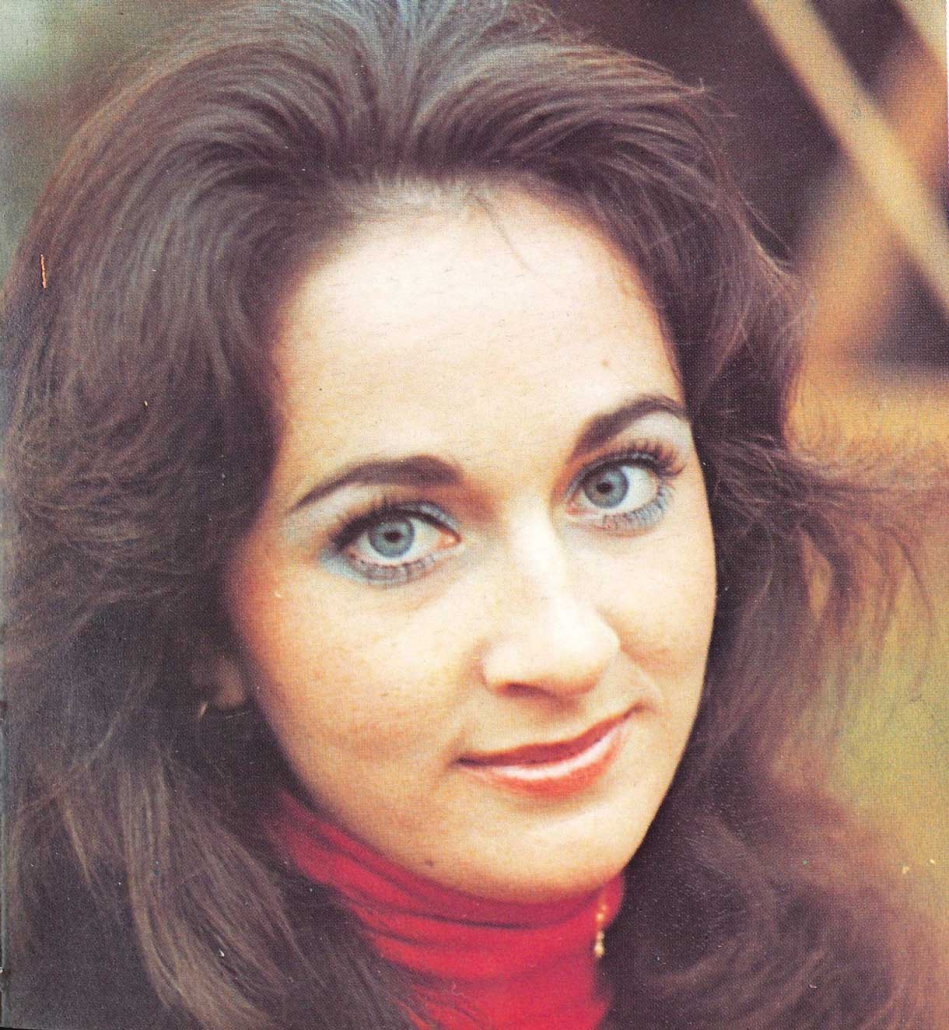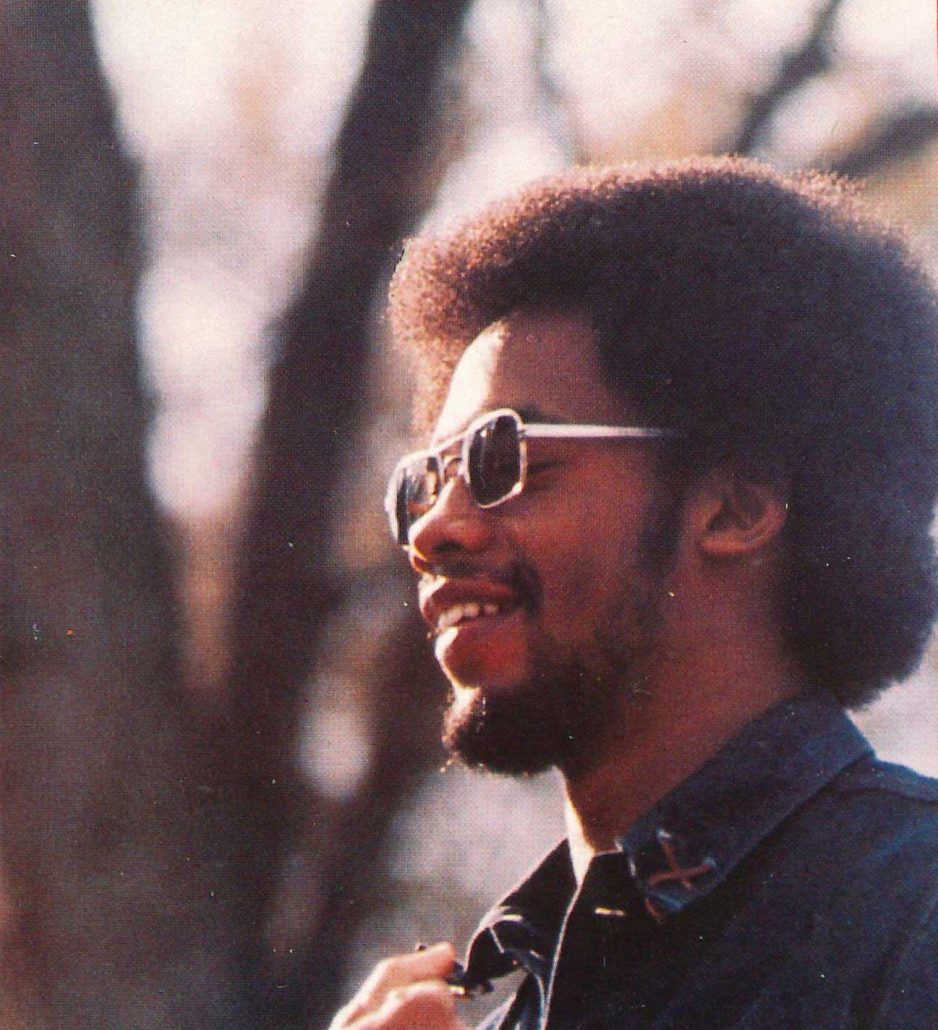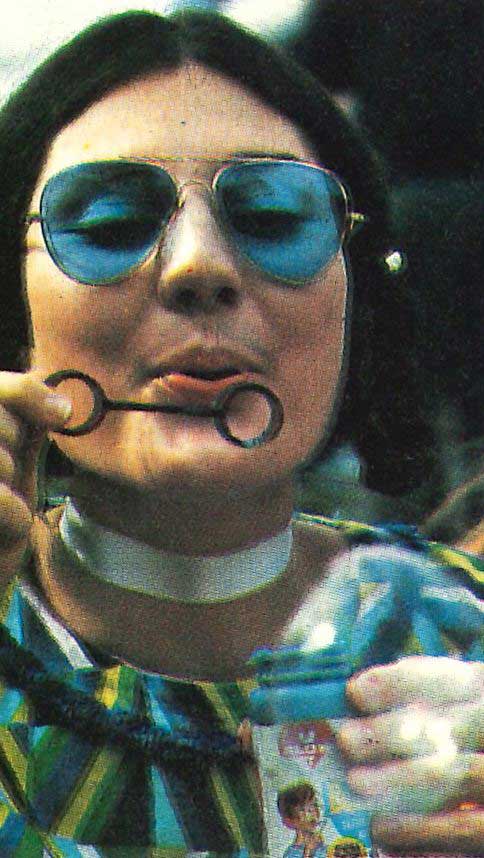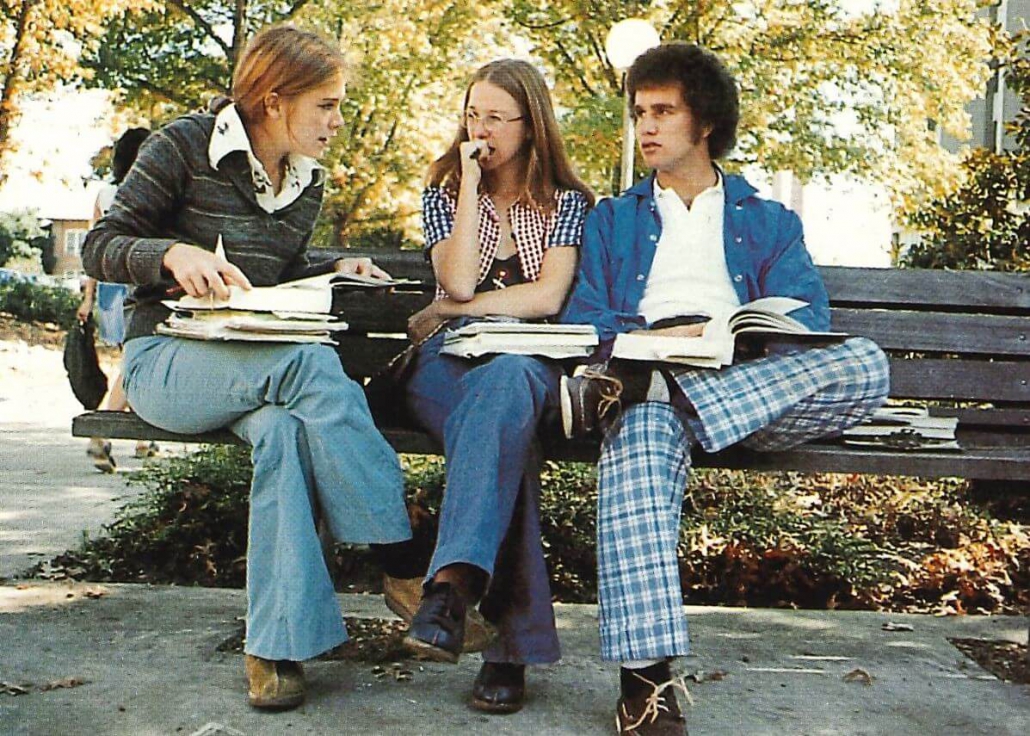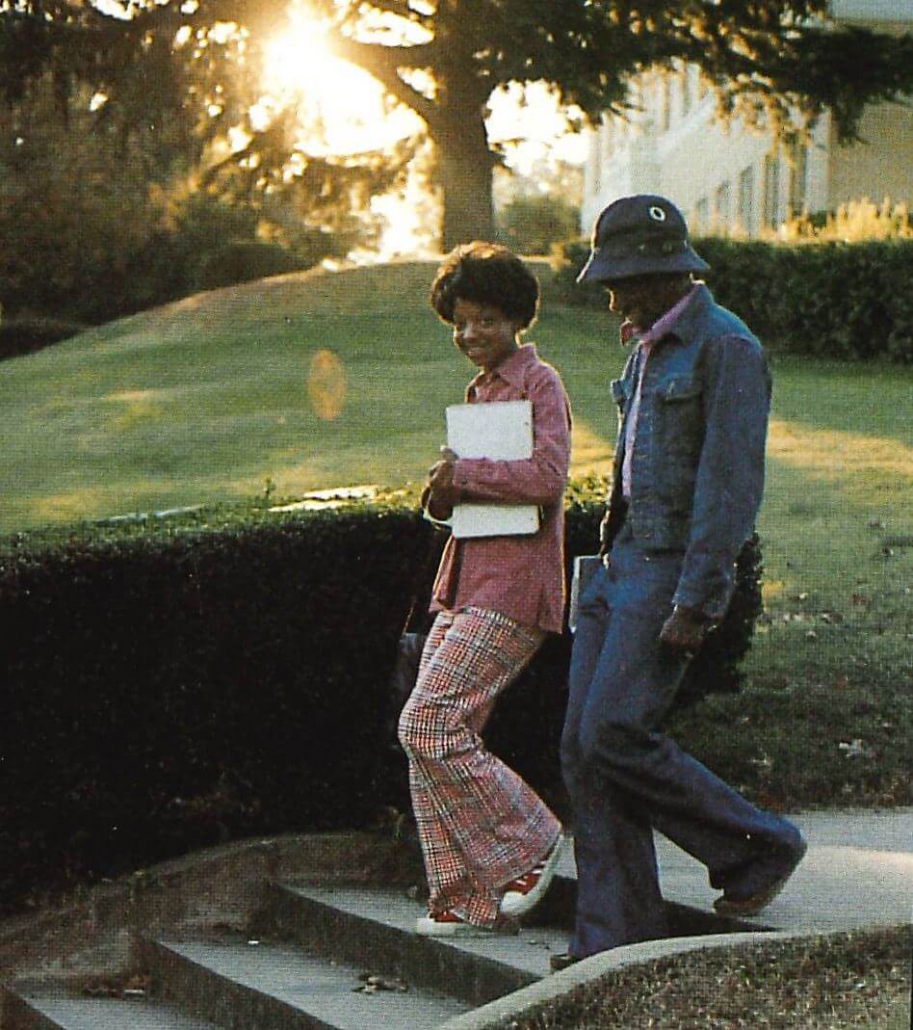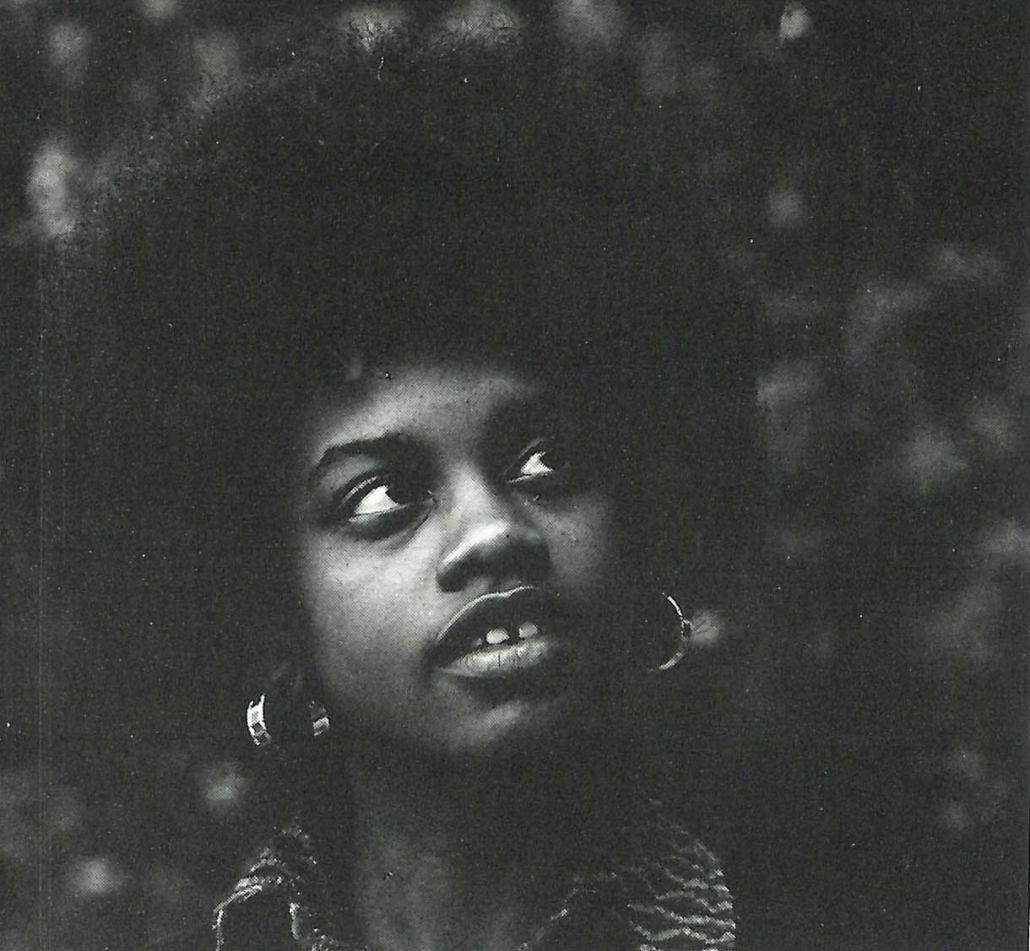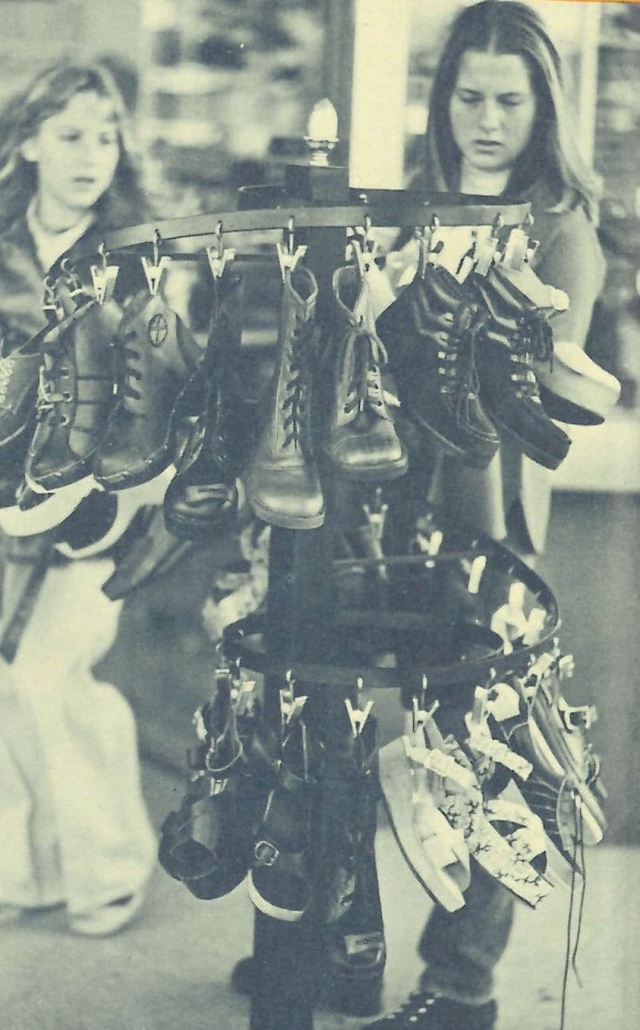The Institute for Disaster Management, housed in UGA’s College of Public Health, is committed to solving grand challenges on the local, national and global scale by assisting more than 140 hospitals, 100 long-term care facilities and 500 community partners across Georgia in developing emergency response plans.
We sat down with Dr. Curt Harris (BS ’03, PhD ’08), associate professor and director of the institute, to learn how his team is paving the way in disaster training and how additional funding propels his team’s work forward.
The Institute for Disaster Management (IDM) facility boasts a state-of-the-art Emergency Operations Center.
The IDM recently moved into the Commissary, a facility on the UGA Health Sciences Campus, which will allow it to expand its research, teaching and service initiatives for community resilience in crisis. The center’s labs and workspaces support students, faculty and disaster management practitioners from around the world.
As the IDM recruits more faculty, staff and students, it needs to secure an unused portion of the building for further expansion. This would include the installation of a simulation center to train students and community partners in scenarios that mimic real-world disaster situations.
“Expansion would allow us to house more faculty and staff and create a simulation center where we would be one of the foremost disaster trainers, not only for the state of Georgia but potentially in the entire United States,” said Harris.
Multi-disciplinary faculty and staff lead the institute.
IDM researchers have an array of expertise ranging from radiation health and mass casualty simulation to psychology and public policy. But they all have a common mission: ensuring that when disaster strikes, help follows.
The collaborative team at IDM is dedicated to furthering research, knowledge and training as it relates to emergency management.
Recent research and training focuses included:
- Community Disaster Preparedness: IDM designs and implements disaster exercises for hospitals, nursing homes and other health care organizations across the state.
- Nuclear Attack Simulations: For decades, IDM scientists have conducted research on the consequences of nuclear detonation in urban areas, with a focus on the outcomes of medical casualty distributions.
- Ebola patient full-scale exercise: IDM tested the notification processes, coordination decisions and resources needed to move patients with suspected or confirmed Ebola using both air (simulated) and ground transportation resources. The methods practiced can be applied to other cases of infectious disease outbreak, like COVID-19.
The IDM was awarded a three-year grant funded by the Centers for Medicare and Medicaid Services, Civil Monetary Penalty funds (and extended for another year due to how well-received it’s been).
In 2018, the IDM used the grant to kickstart its Georgia Long Term Care Emergency Preparedness Educational Program (GA LTCEPEP). The mission of the program is to provide preparedness and disaster exercise training to certified caregivers and administrators across the state.
Now in its fourth year, the LTCEP has trained over 1,200 staff members, representing over 80% of Georgia’s certified long-term care facilities. The IDM also delivers emergency preparedness kits (filled with items valued at $1,000 per kit) to participating nursing homes.
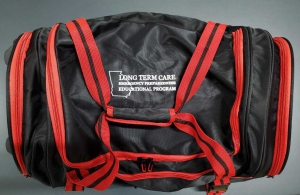
The IDM delivers these emergency preparedness kits to long-term care facilities across the state.
“The kits are filled with really good resources, like emergency blankets and car battery chargers, that can be used in a disaster setting,” said Harris.
IDM offers one of the only Master of Public Health degrees with a concentration in disaster management.
The IDM teaches courses at both the graduate and undergraduate levels, offering a master’s concentration in disaster management, graduate and undergraduate certificates and an undergraduate minor. The goal is to broaden the emergency response workforce. IDM graduates provide service and leadership in public health around the globe.
“Speaking from the heart, I can say that I moved 800+ miles, away from friends and family, to a state where I didn’t know a single soul or the culture just to come to this program. I researched every school that offered both an MPH and a disaster management curriculum. The University of Georgia’s Institute for Disaster Management was the best in the country for what I wanted to study,” said Christopher Russo (MPH ’19).
The IDM focuses on experiential learning and gives students the opportunity to see, touch and wear equipment needed in the field.
“We provide our students with internships all over the world. We’ve had students go to places like Kenya, Australia and Israel to collaborate on international disaster management projects,” said Harris.
IDM led a community-wide effort to combat COVID-19.
During the pandemic, IDM faculty and staff participated on a COVID-19 task force and donated the majority of their personal protective equipment supplies to response efforts.
“We’re constantly extending resources through training, whether it’s training of our students or community-level training, and we don’t always have the ability to recoup those supplies,” said Harris.
Private support is essential to the IDM’s success.
The IDM relies on donations and contributions from the community in order to ensure a safer tomorrow. The Institute of Disaster Management Fund supports opportunities for special programming, conference attendance, recruitment, professional education, and overall enhancement of the Institute.


